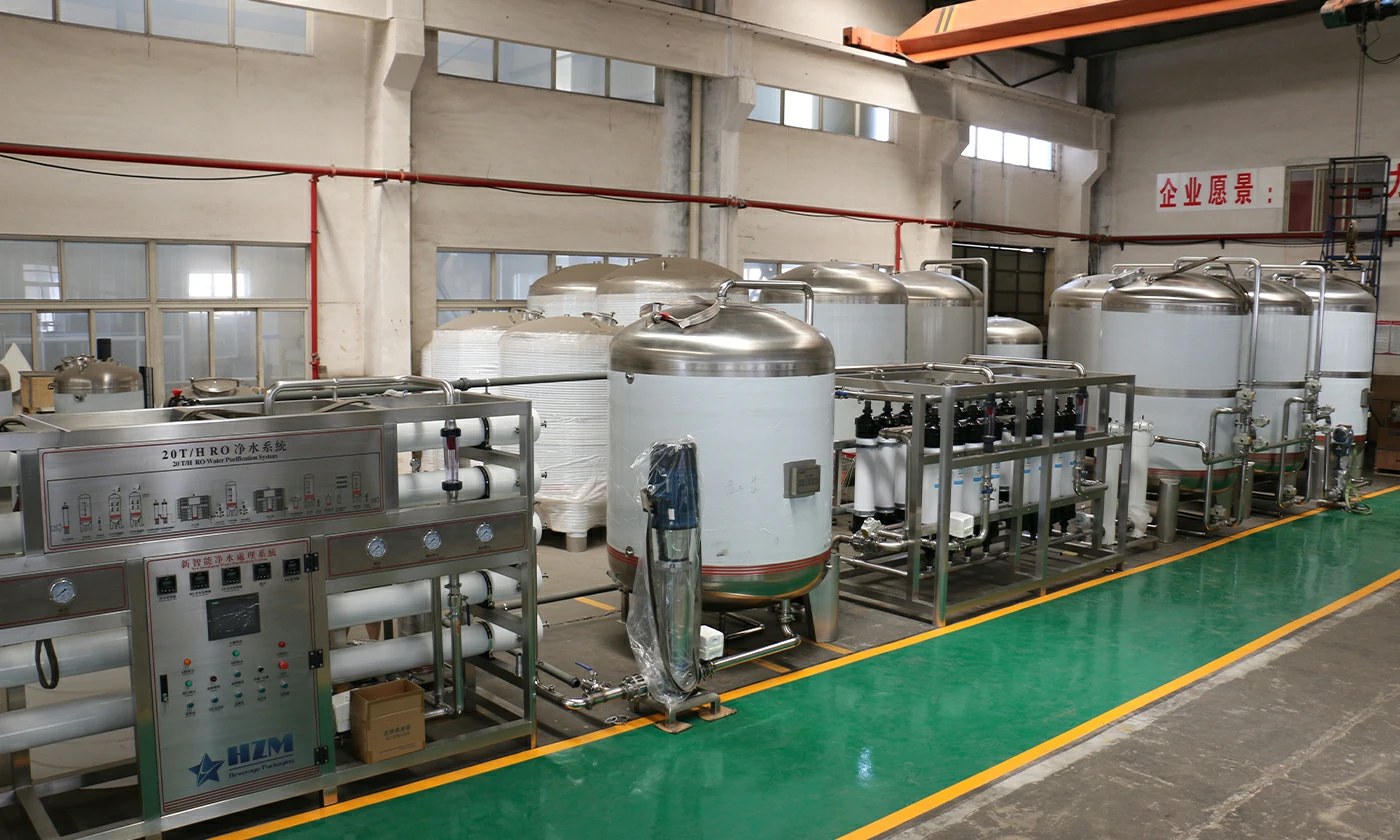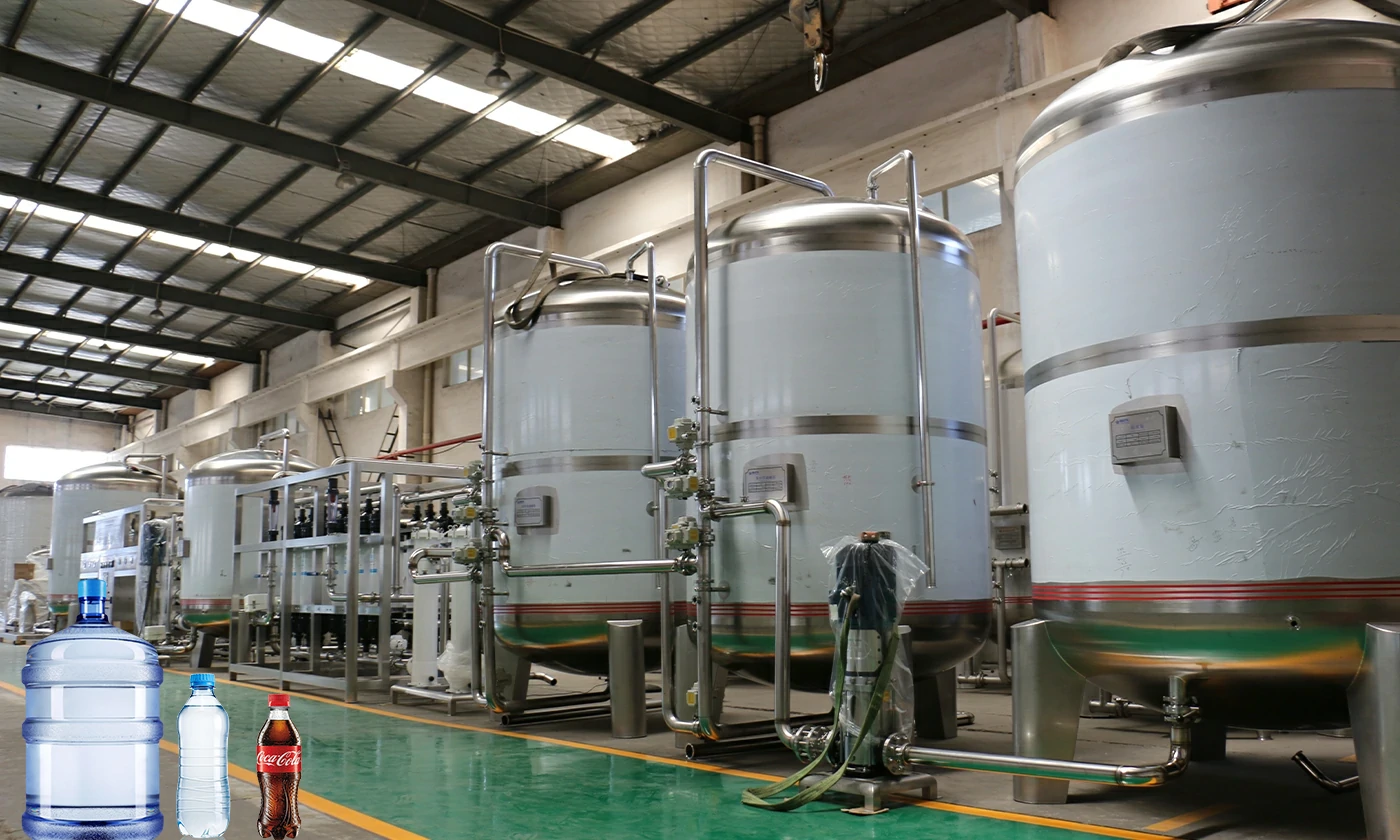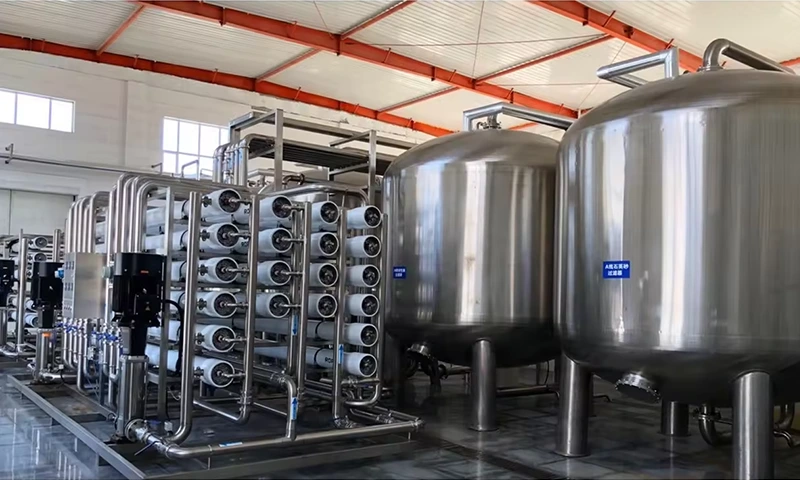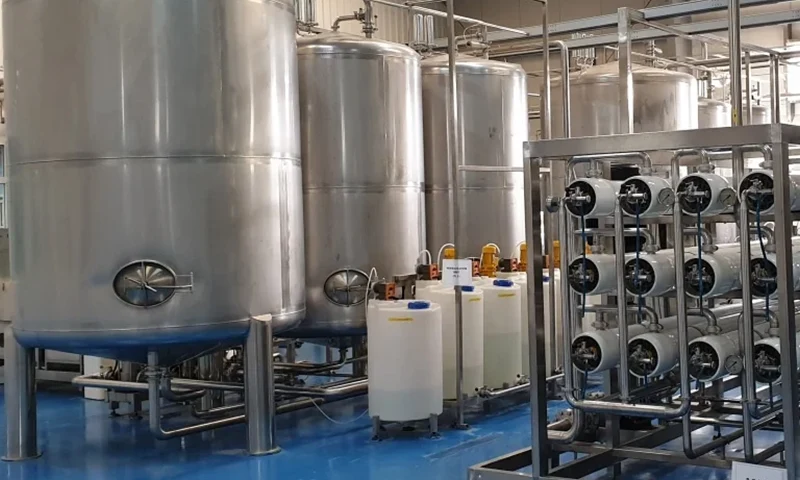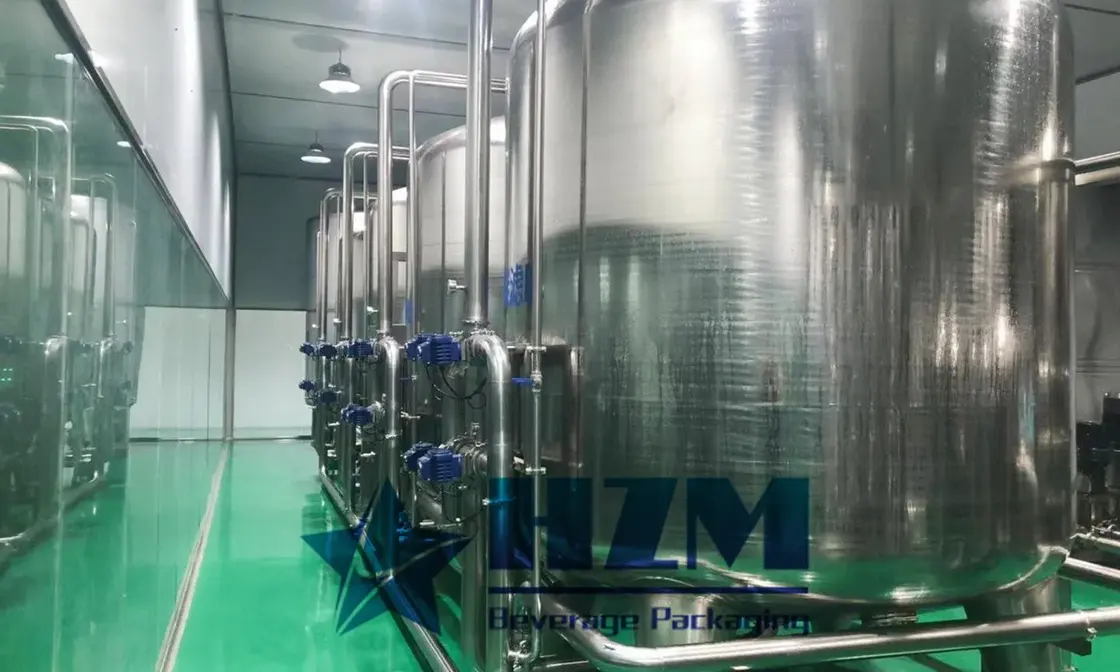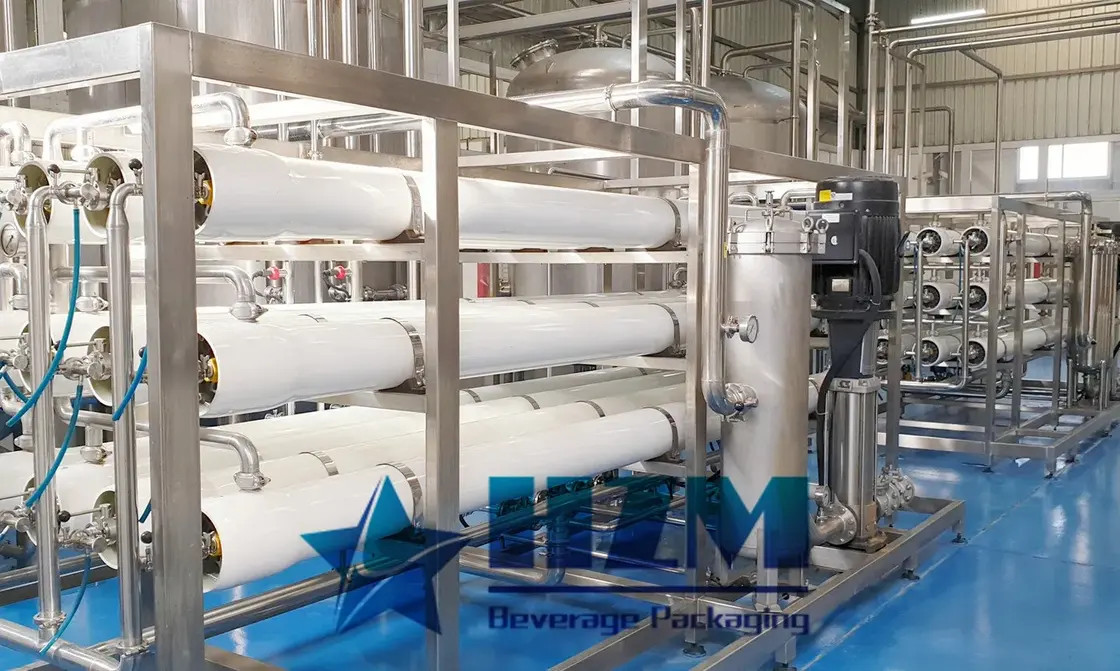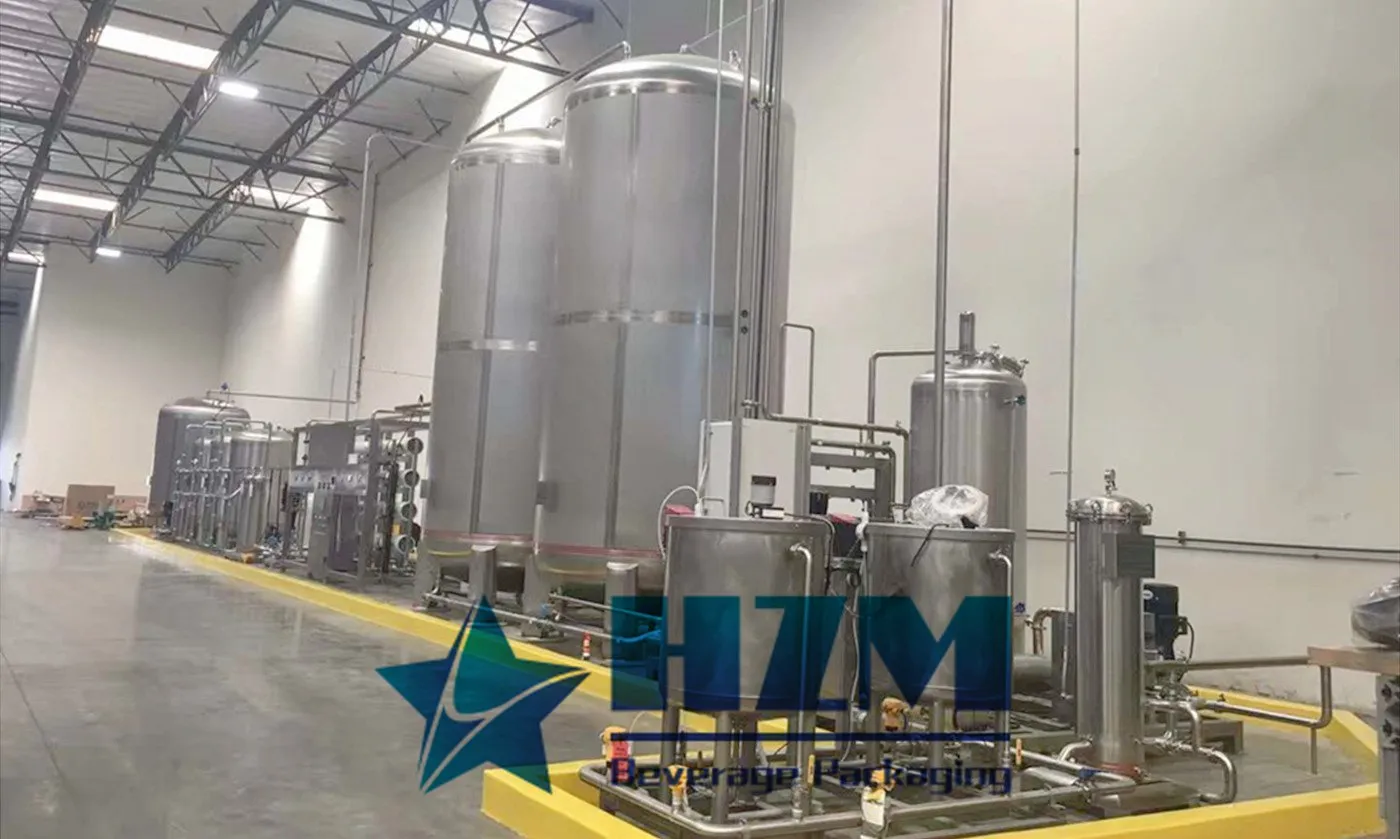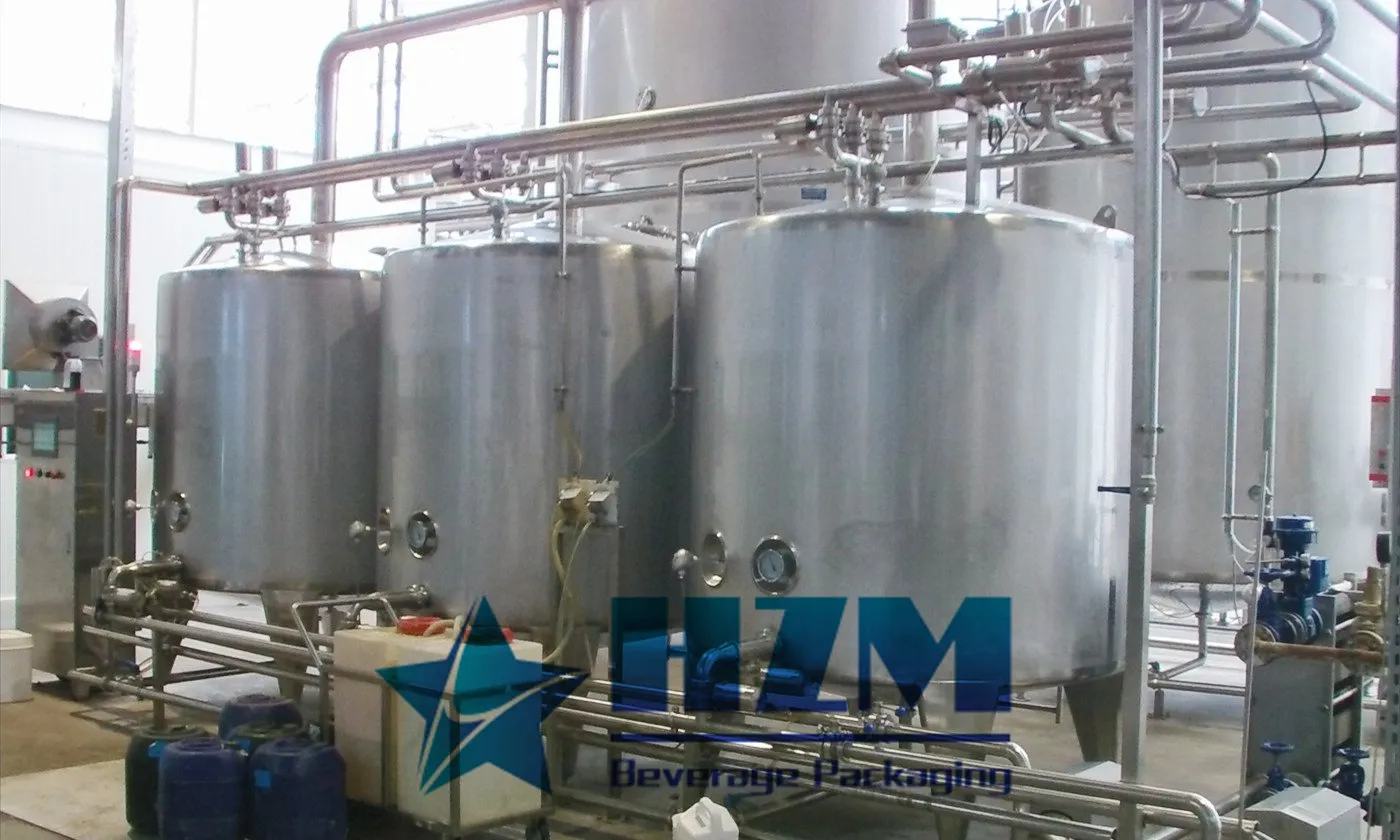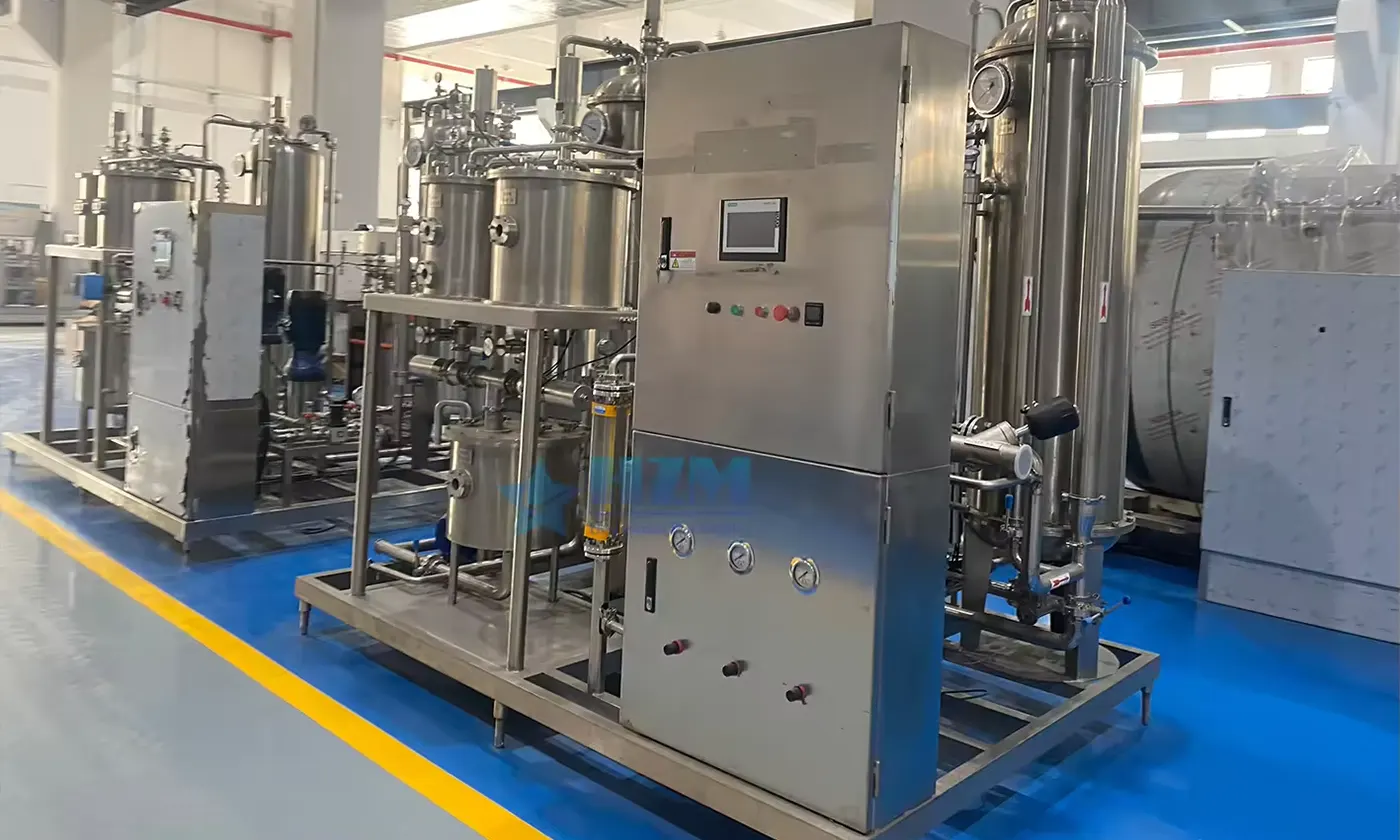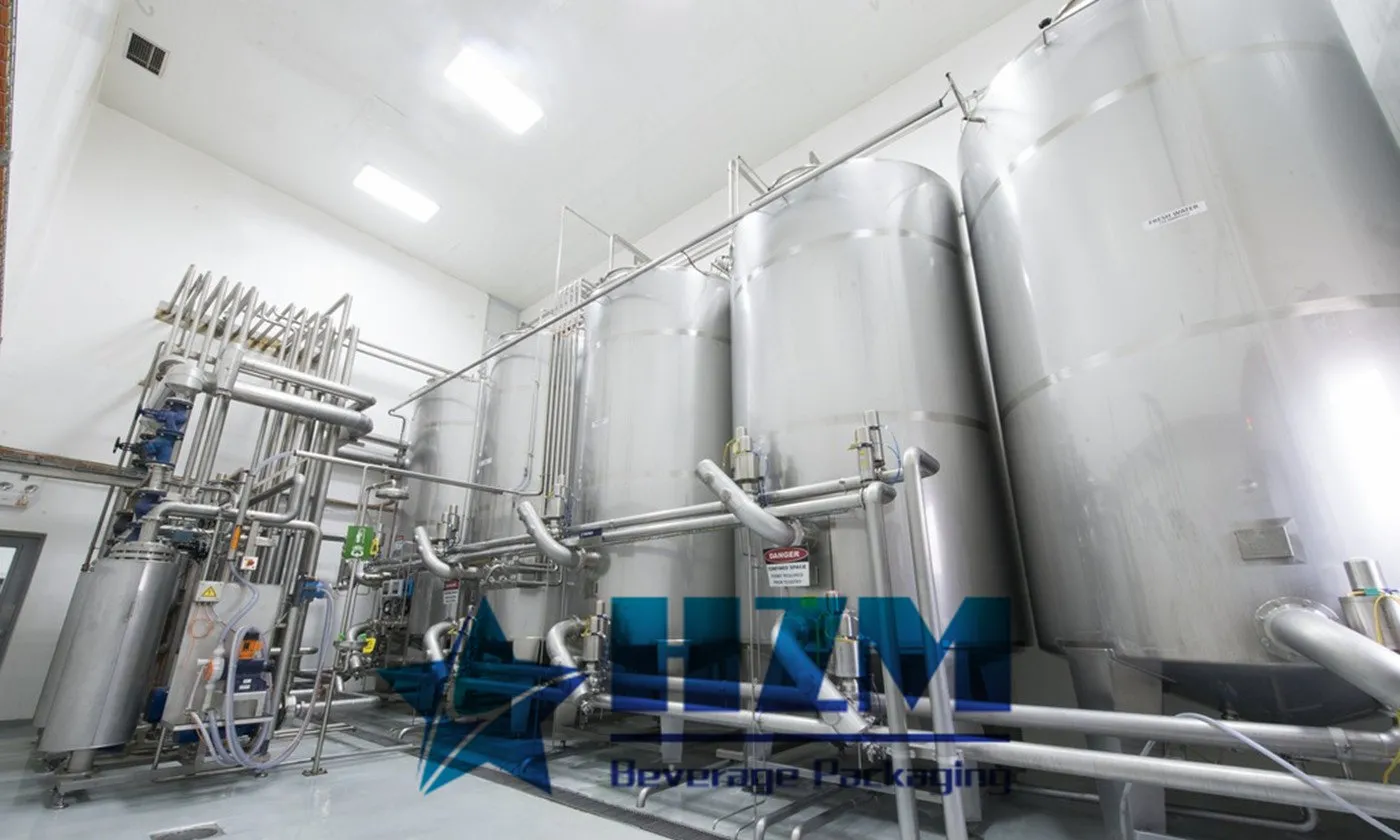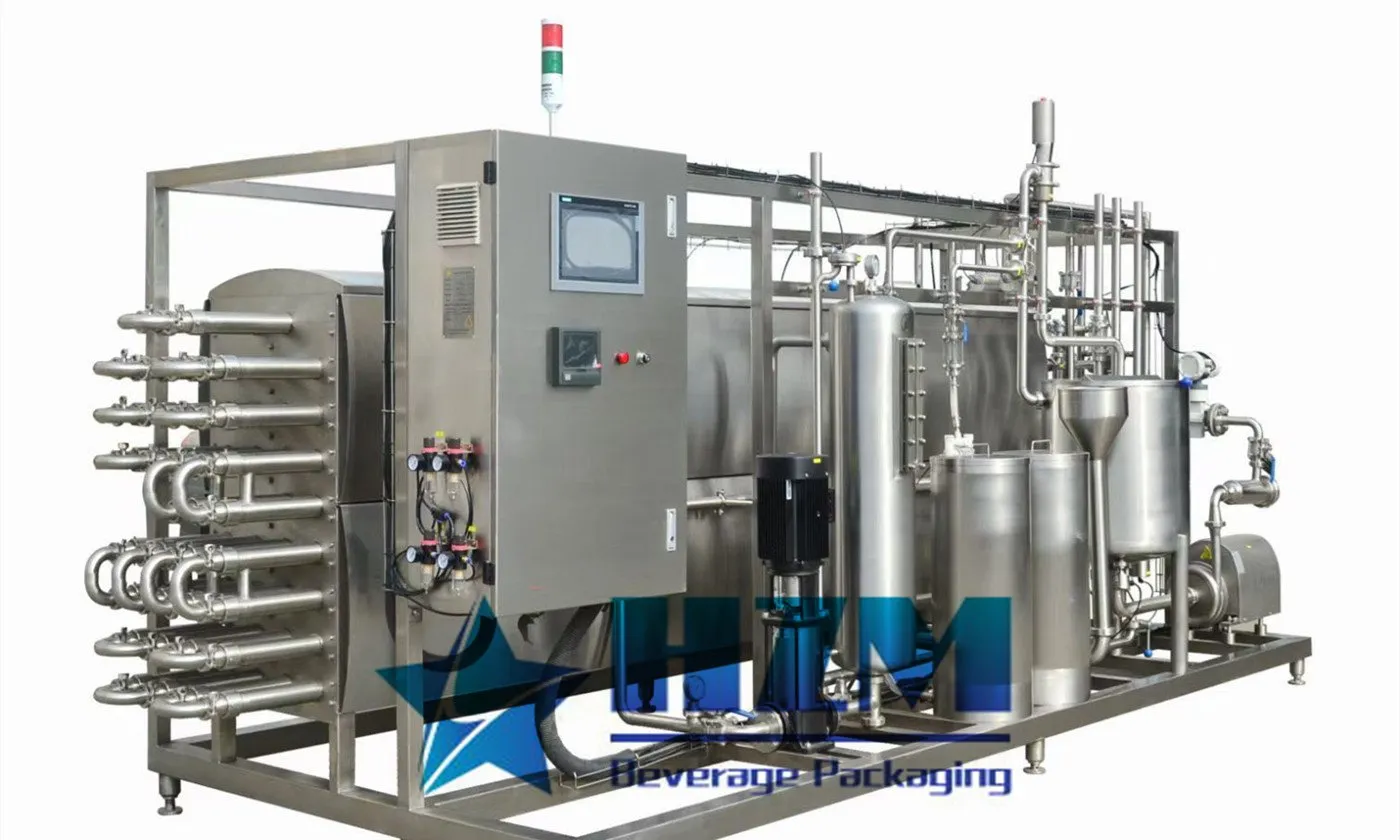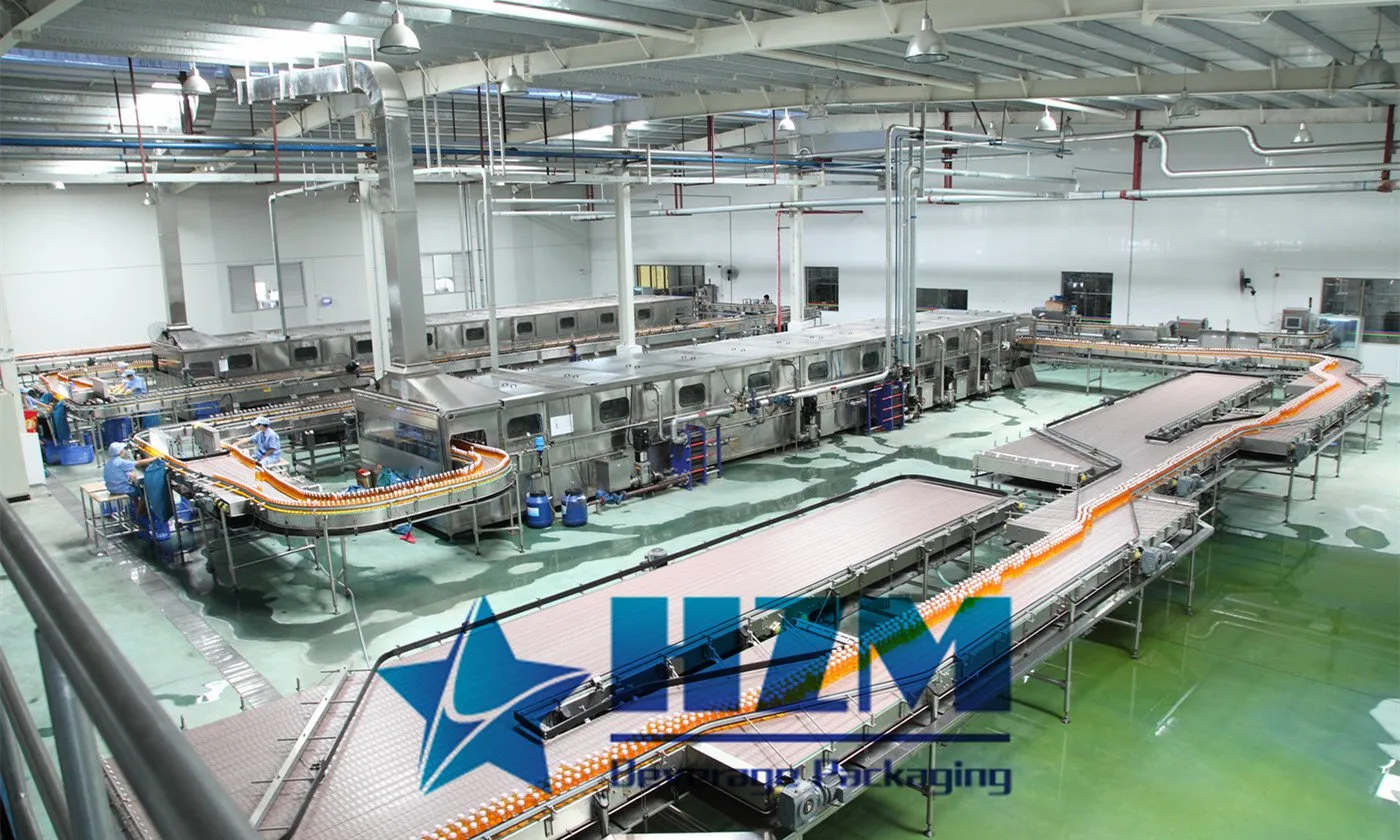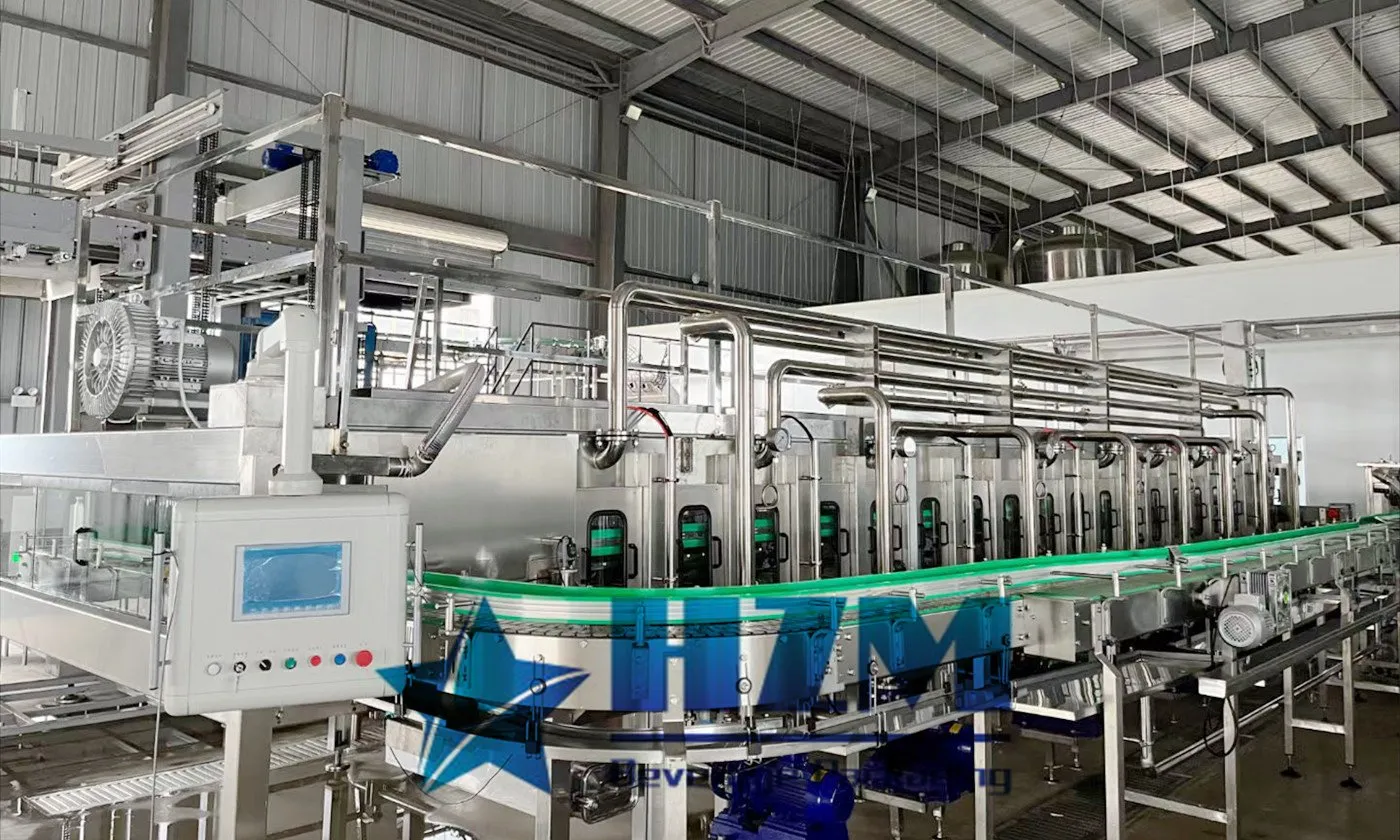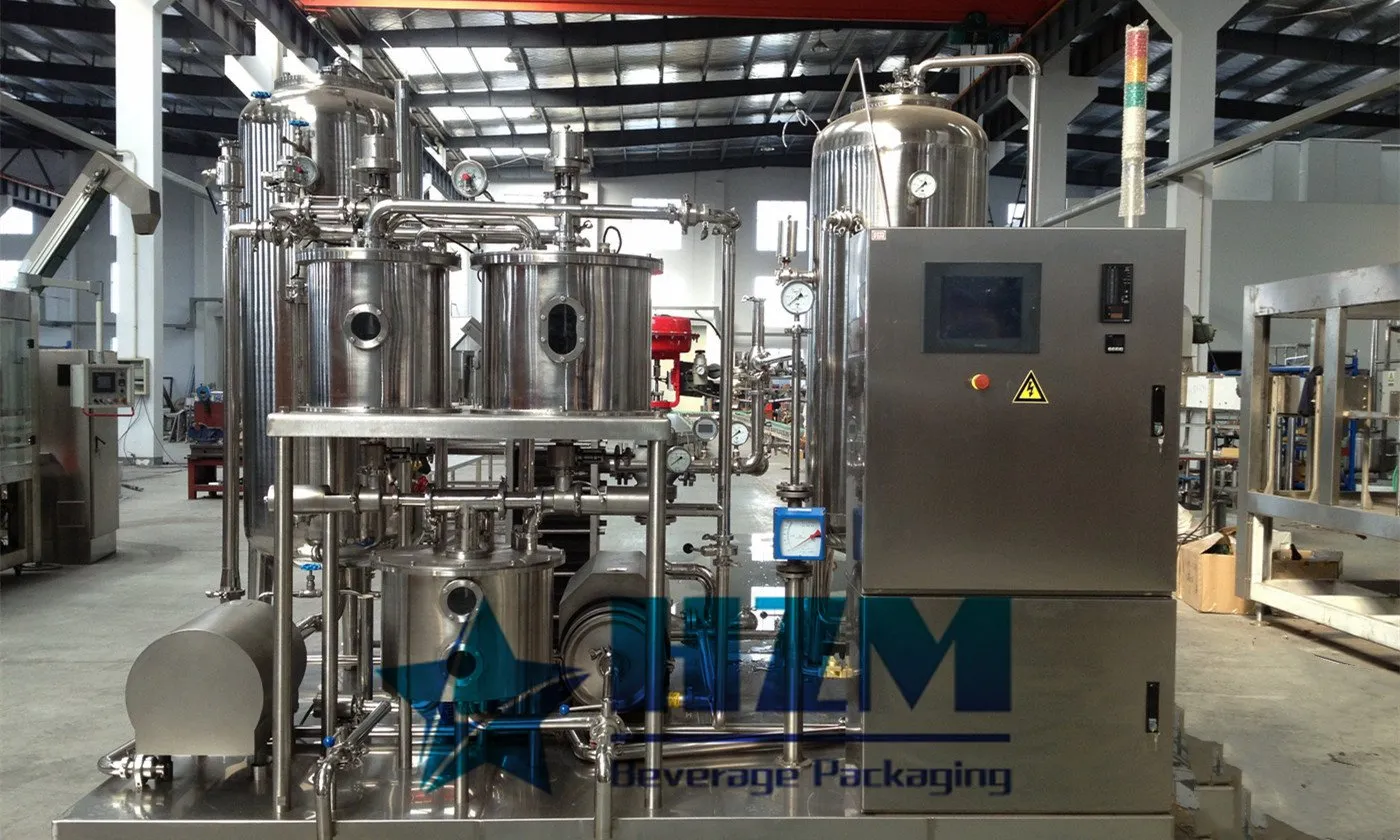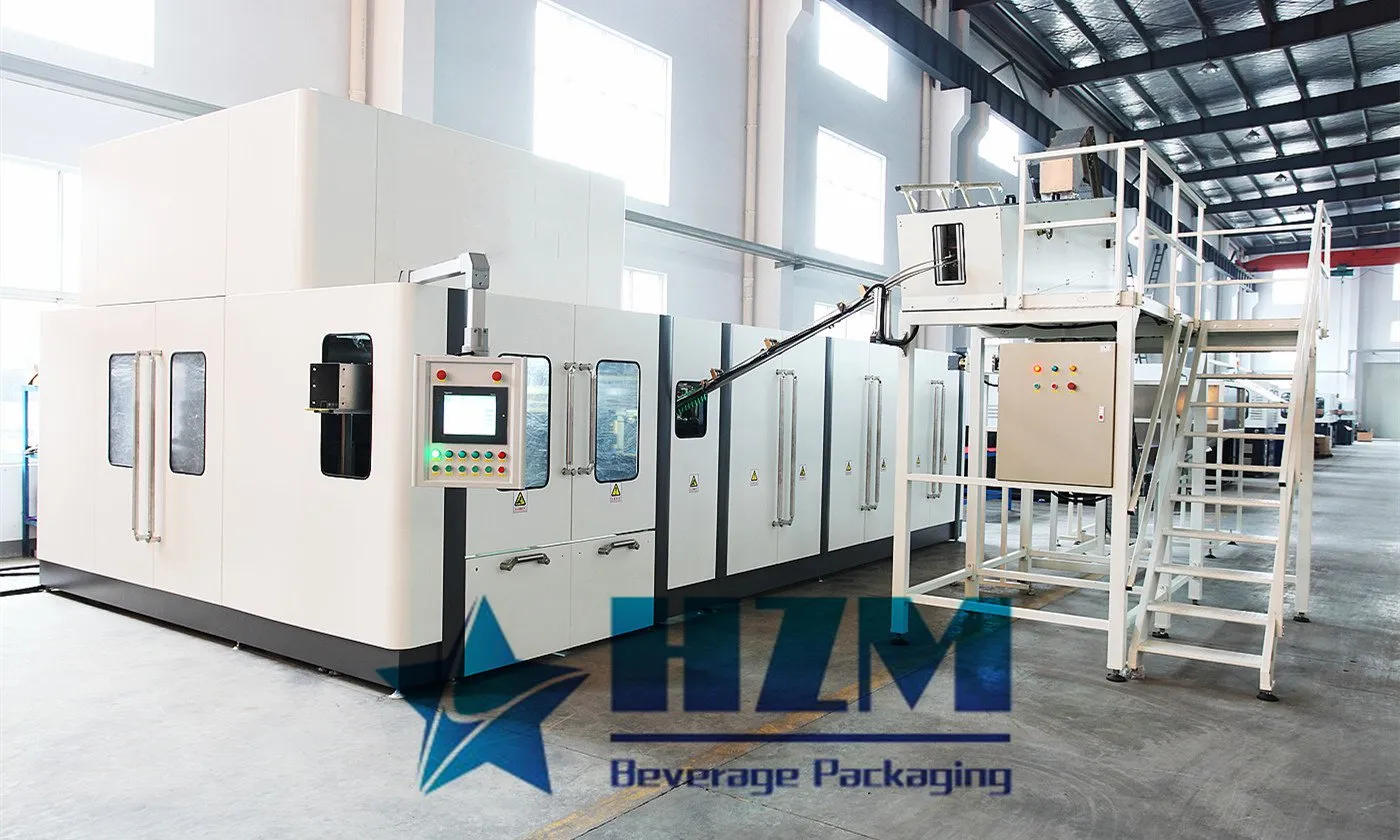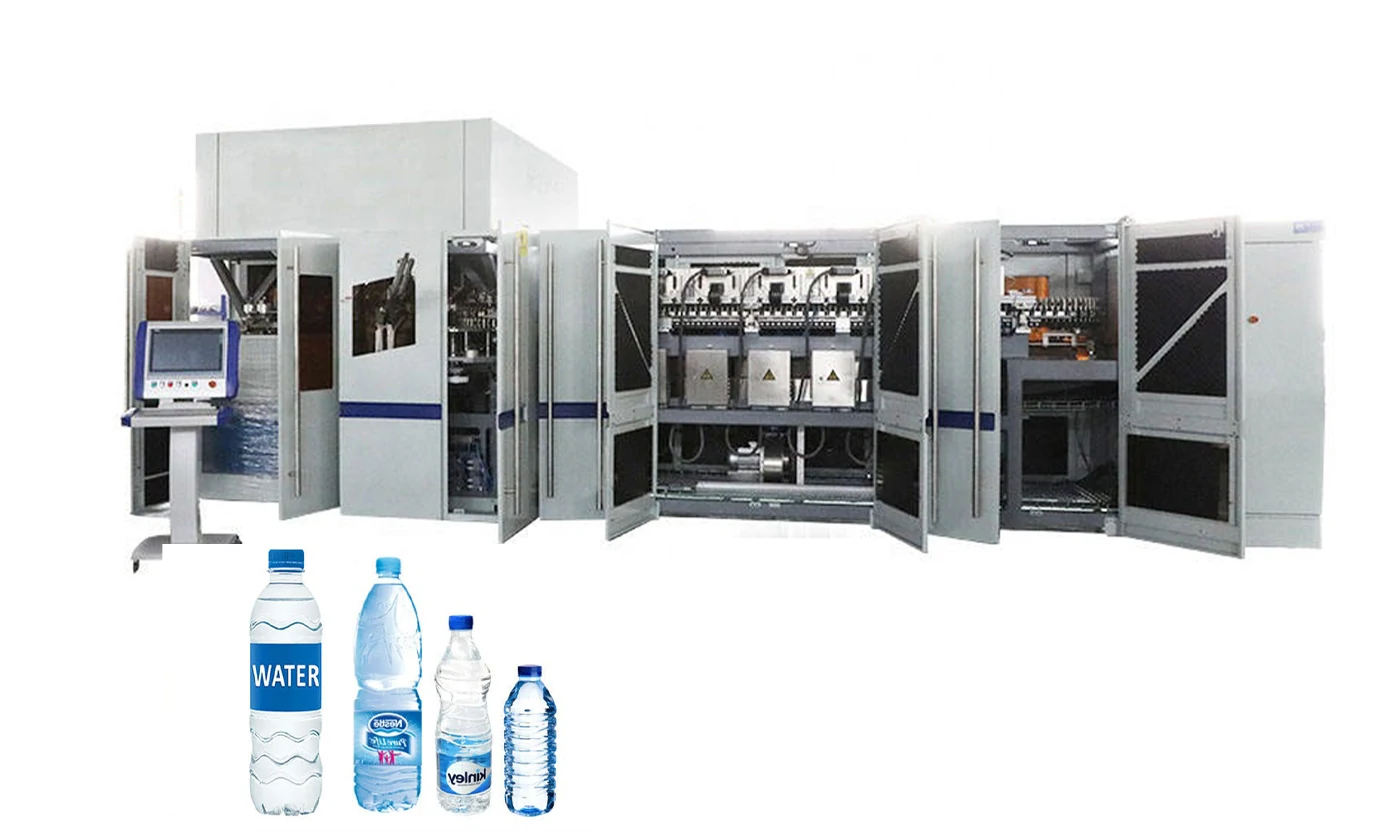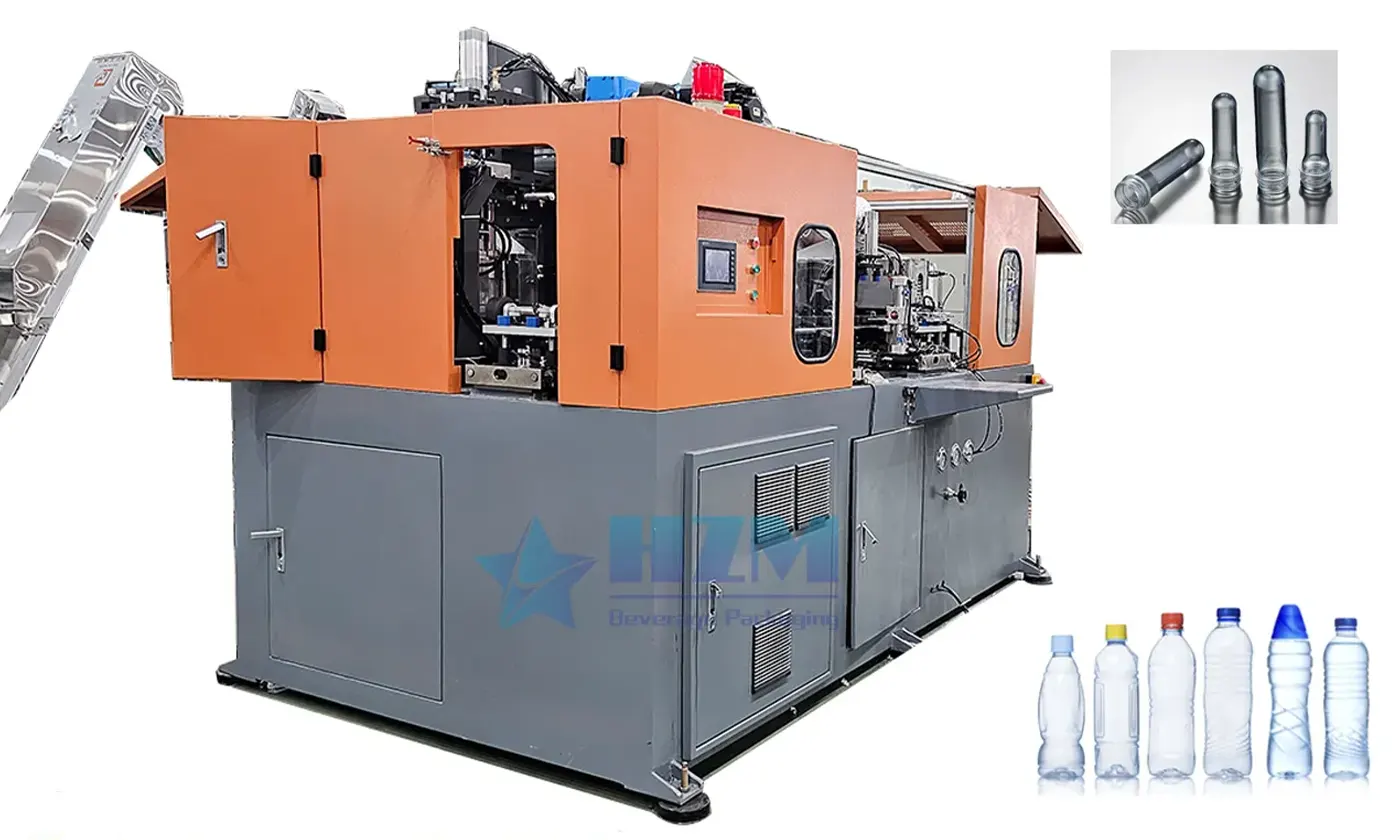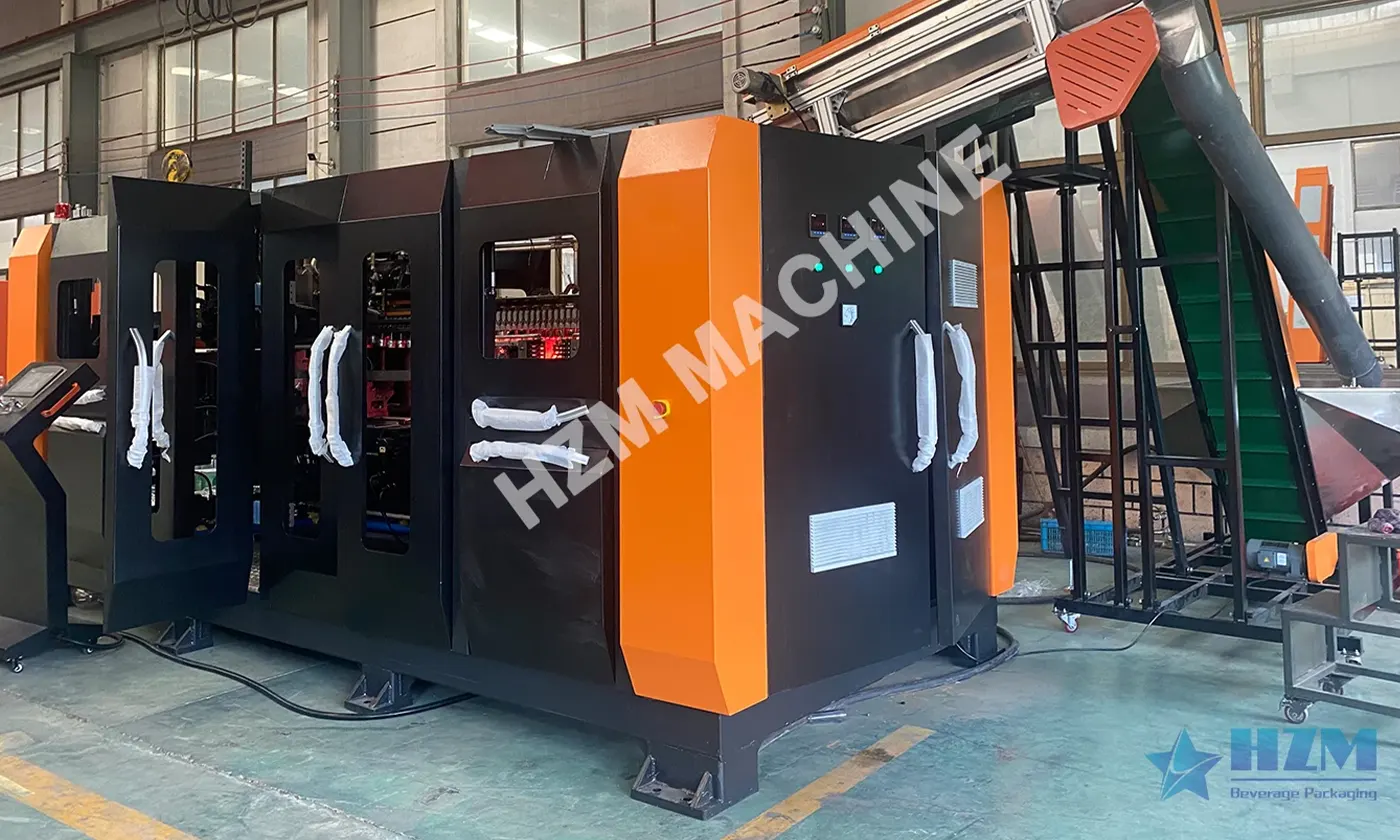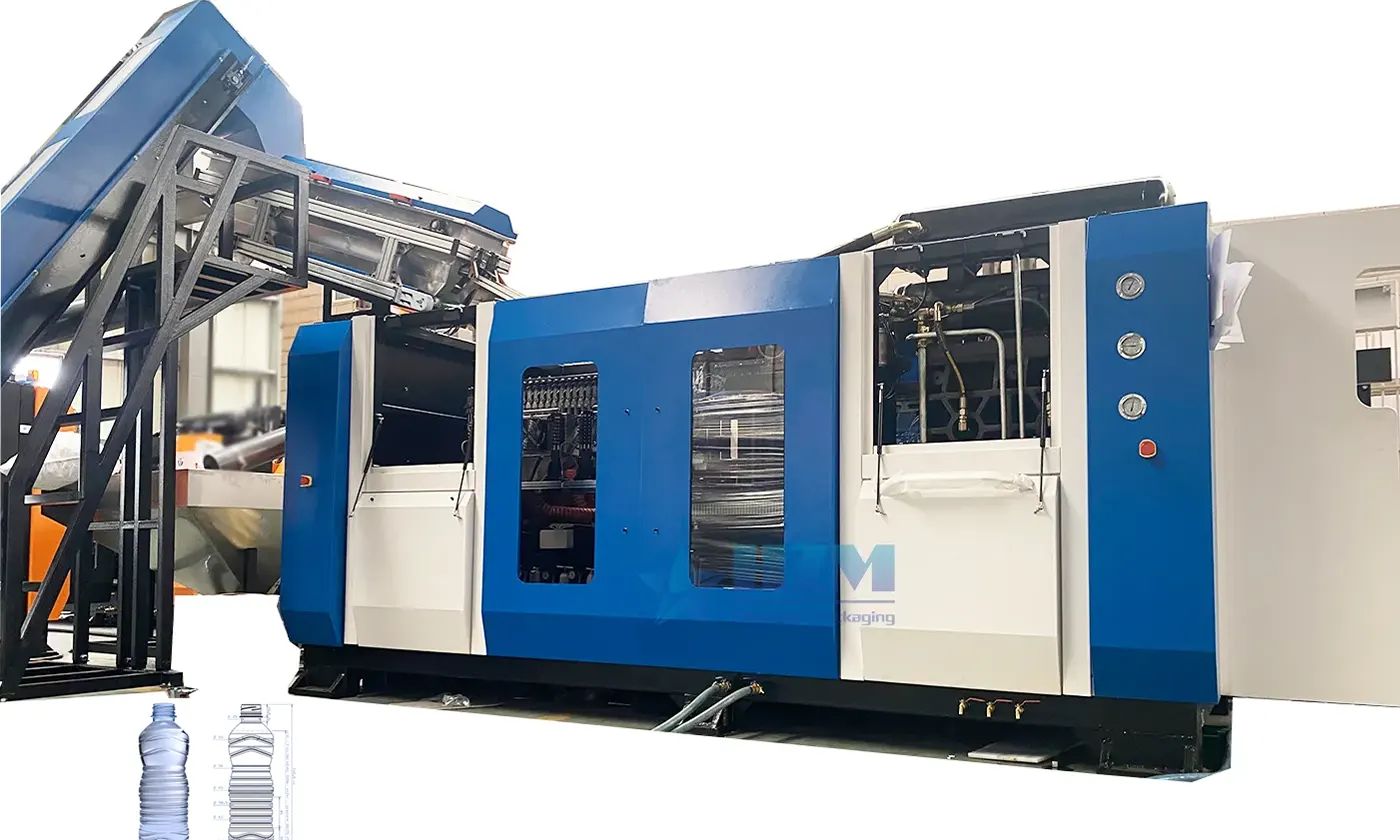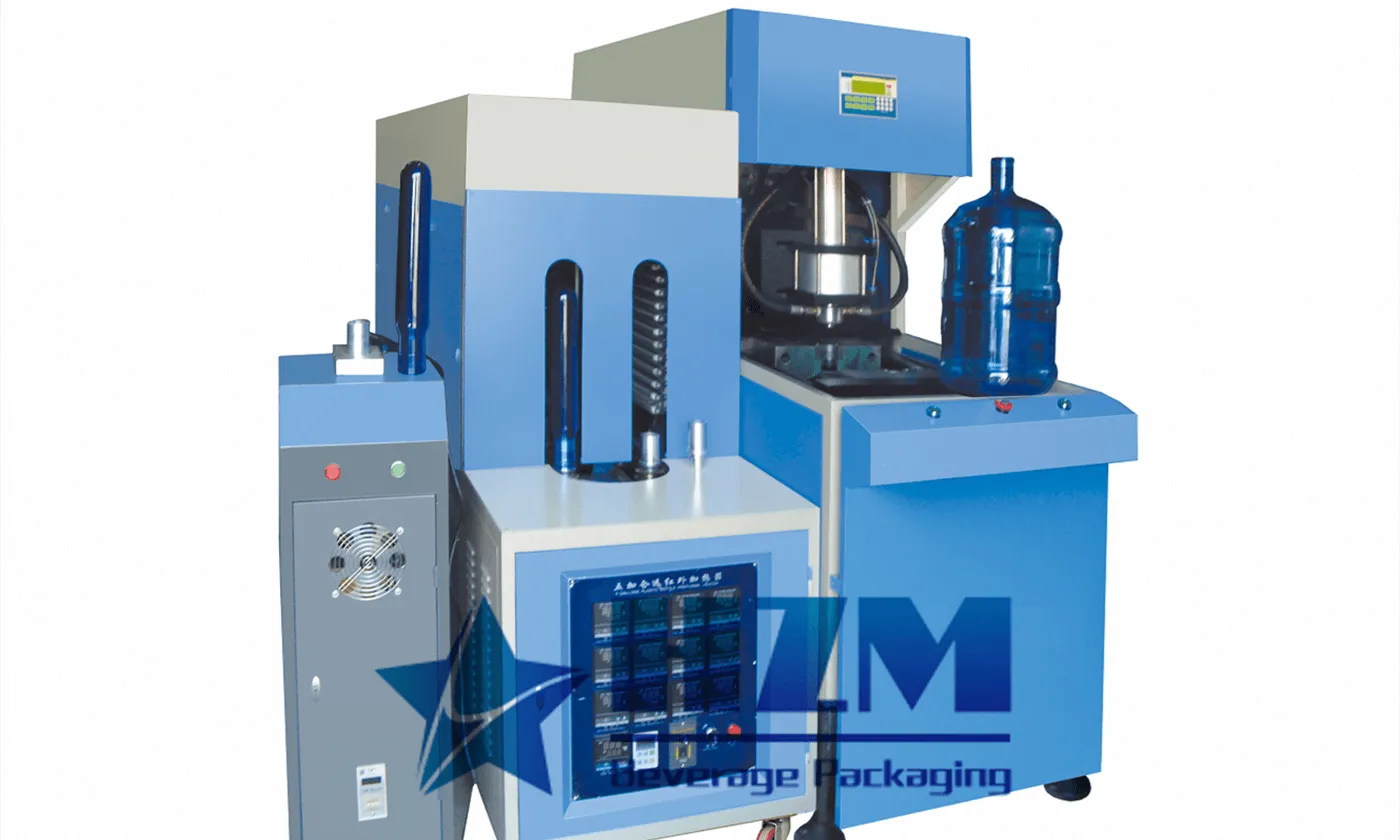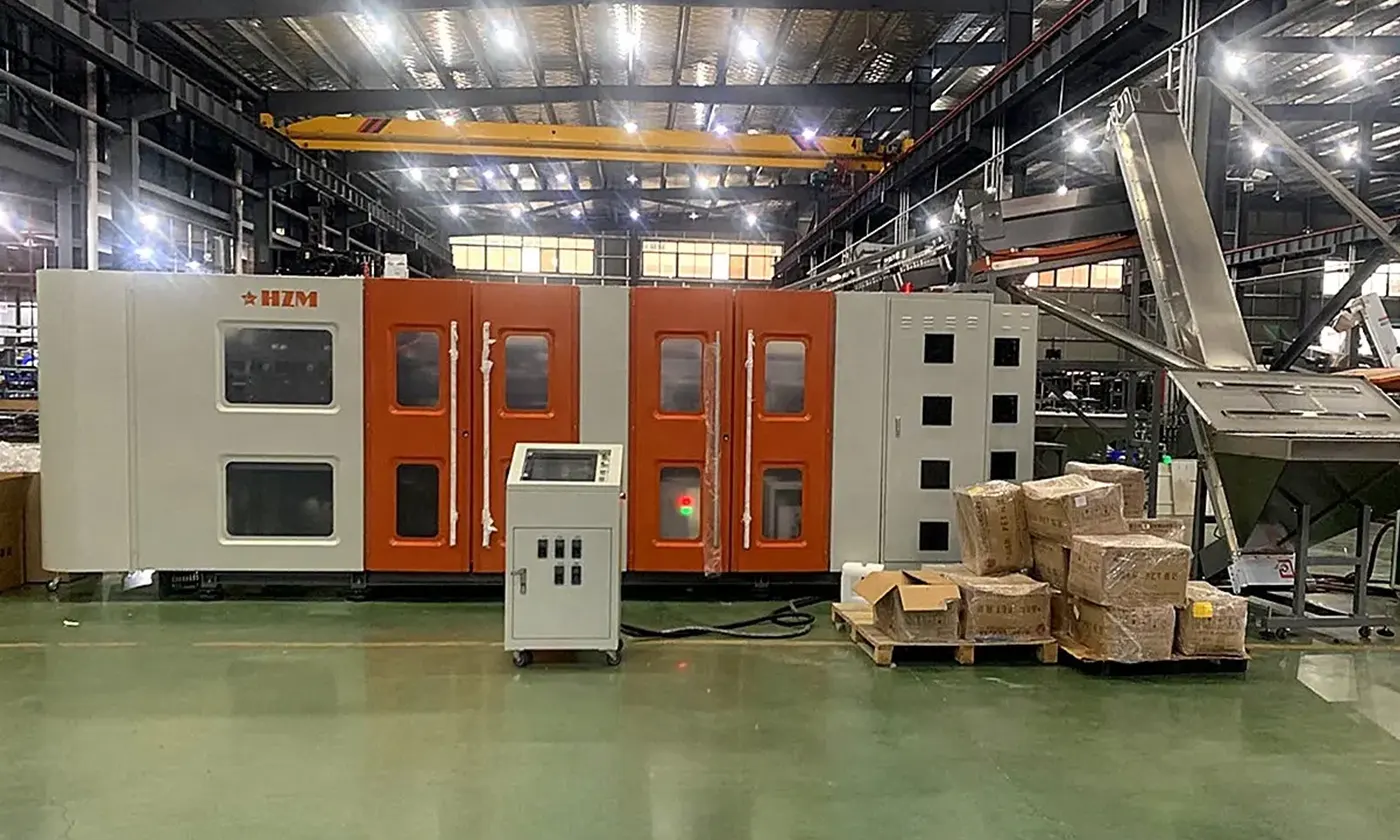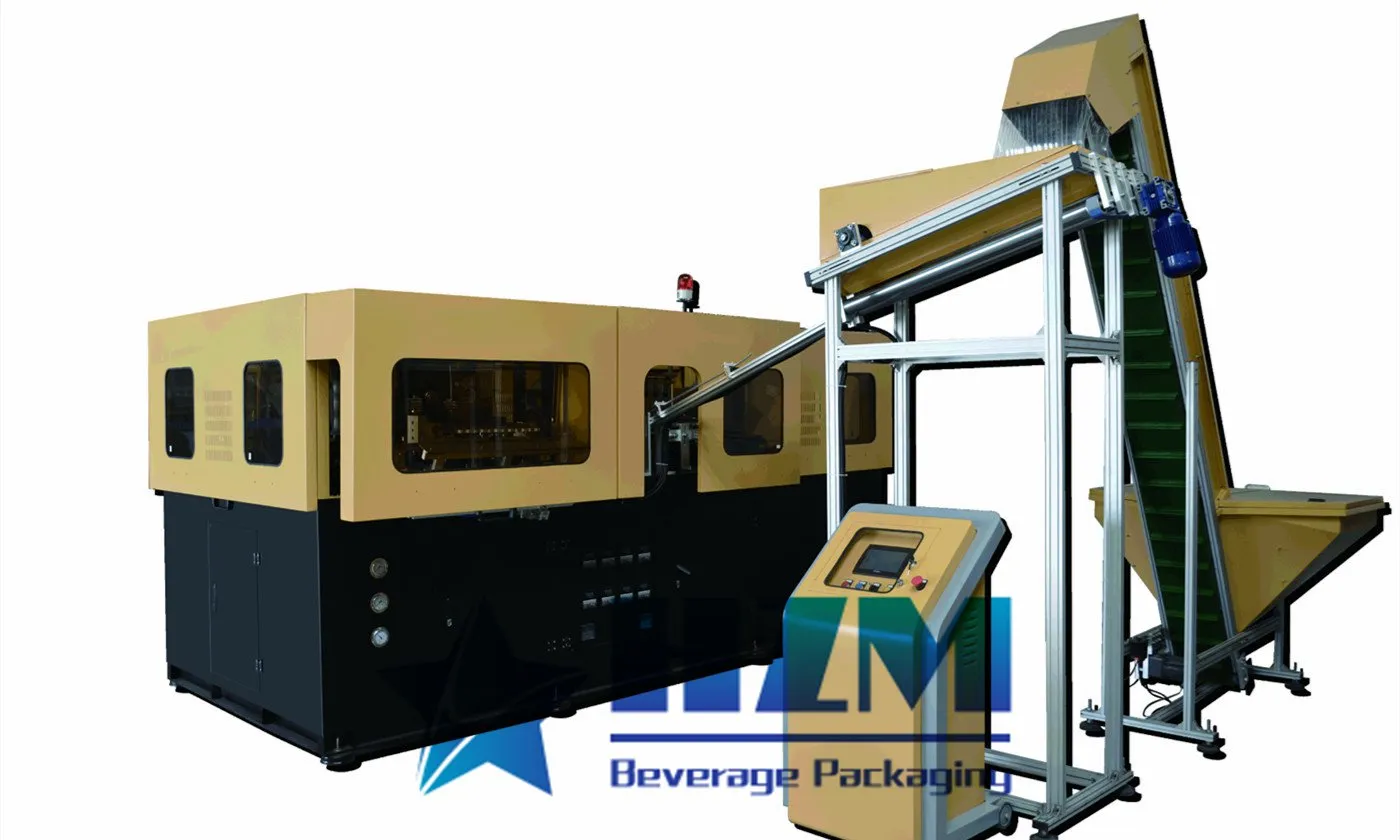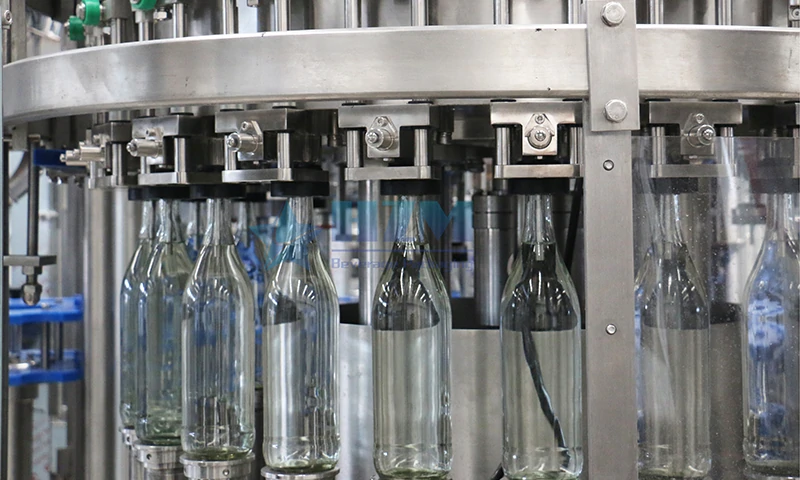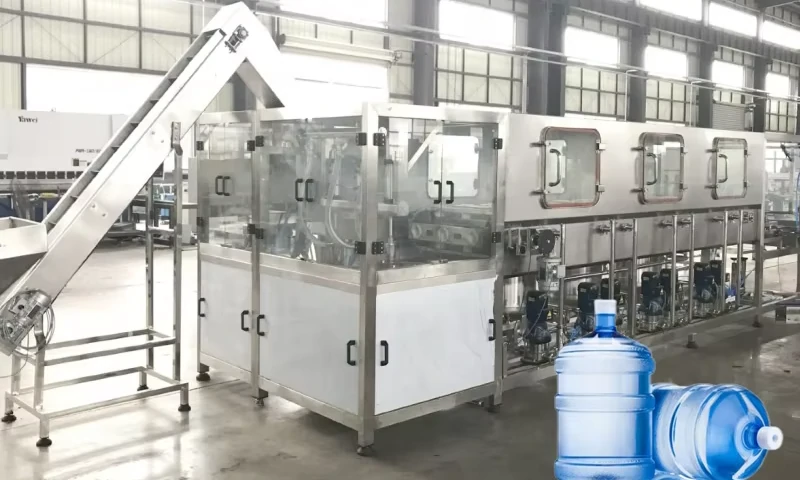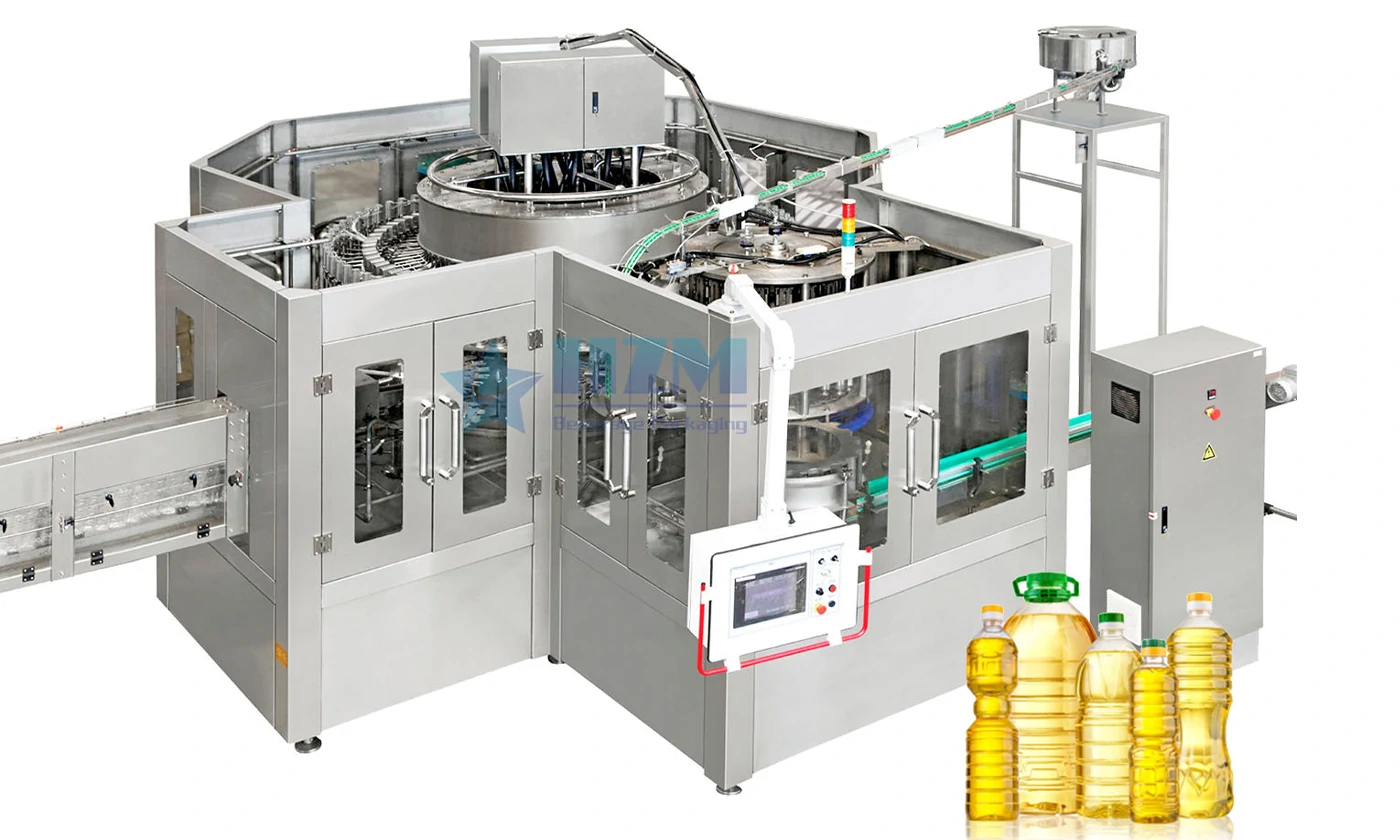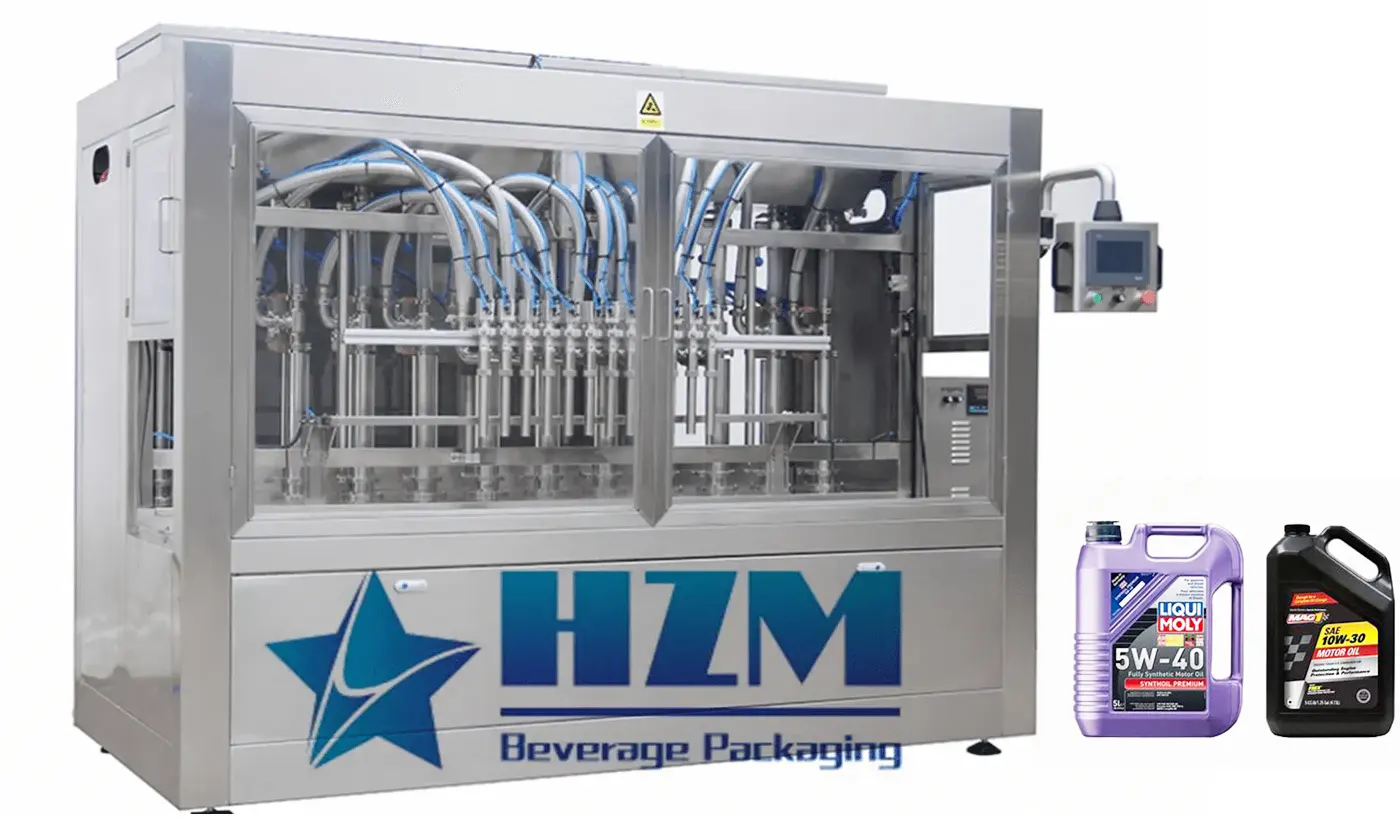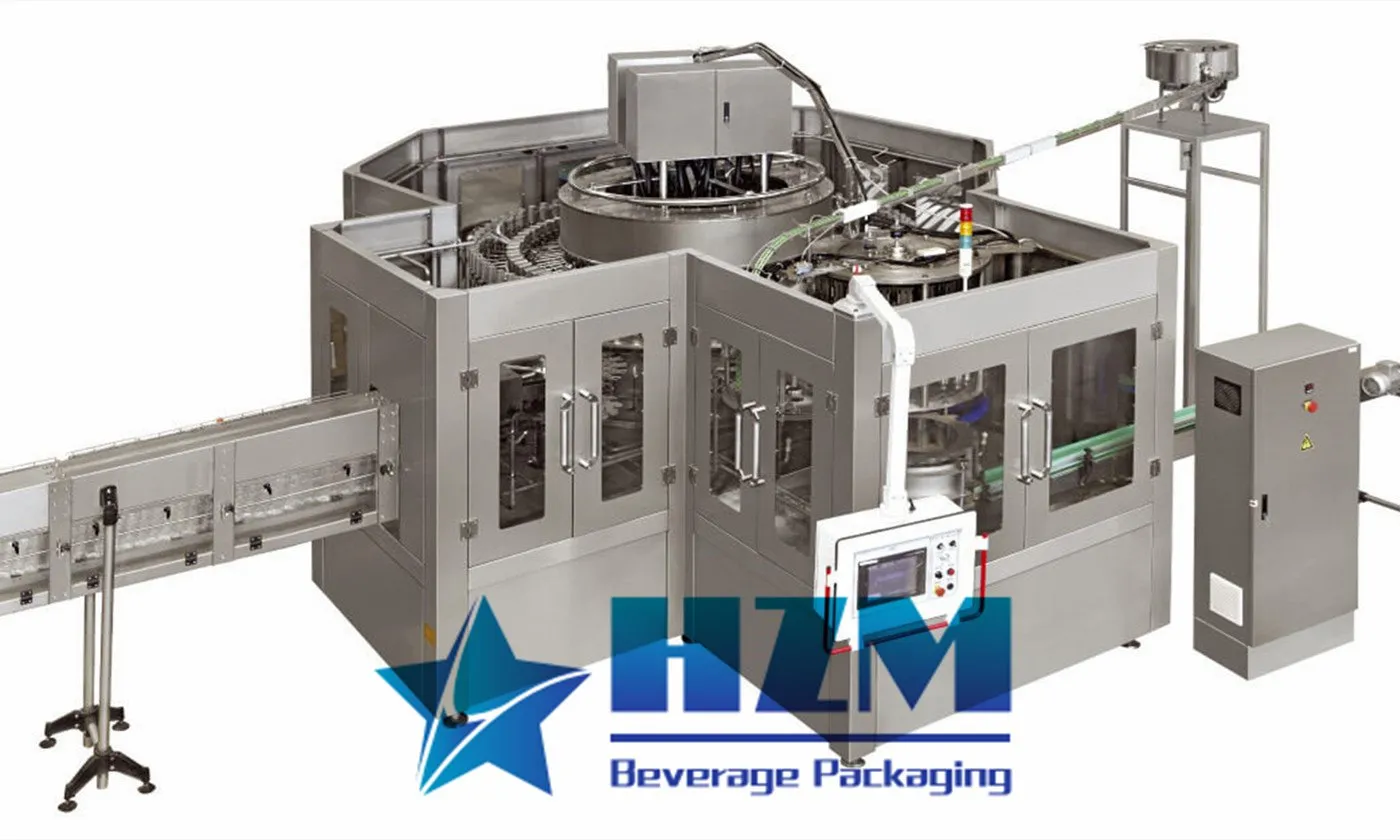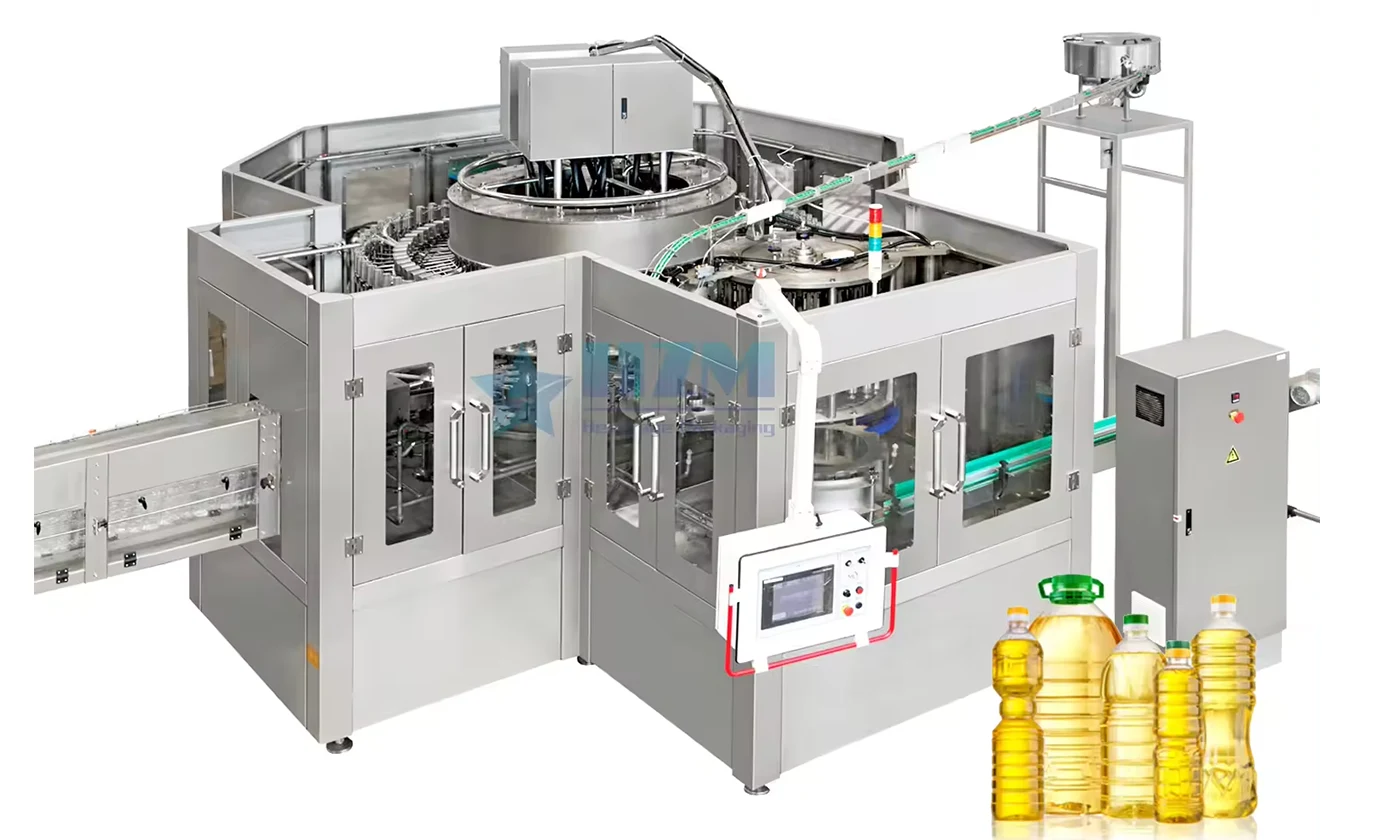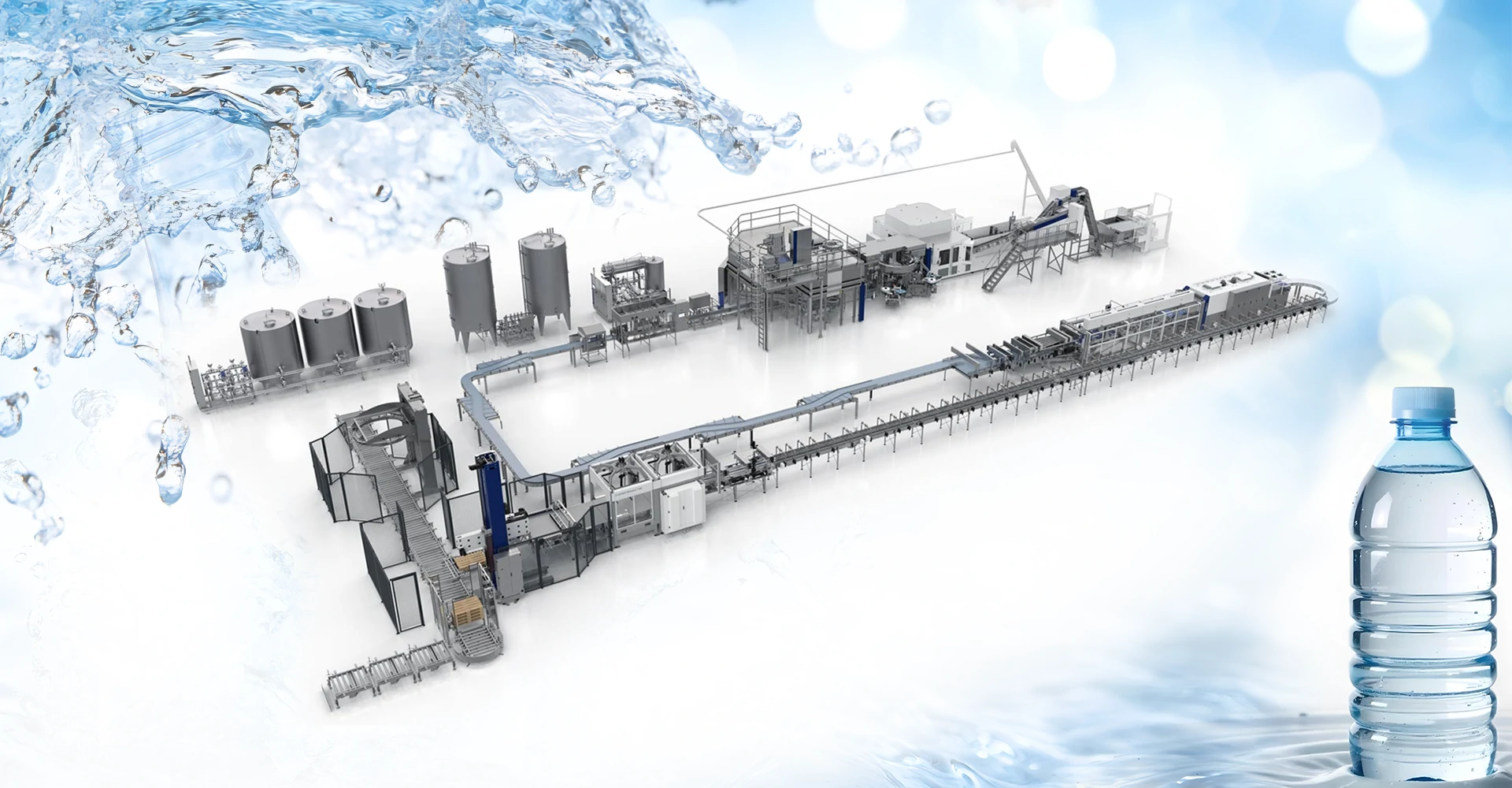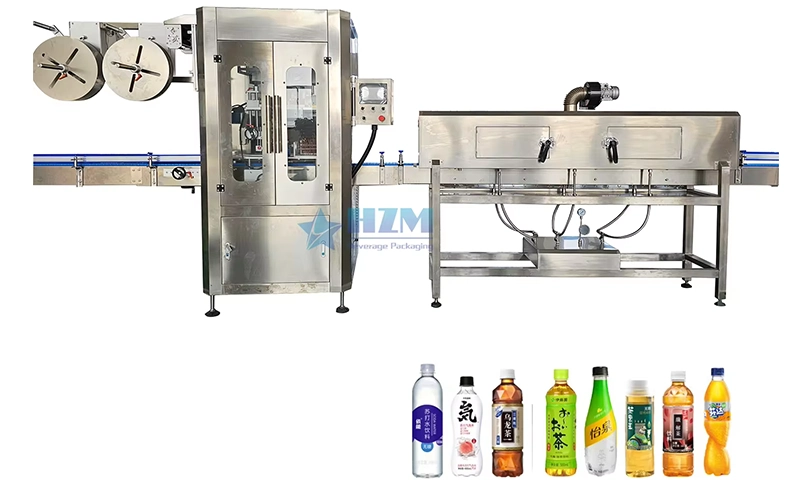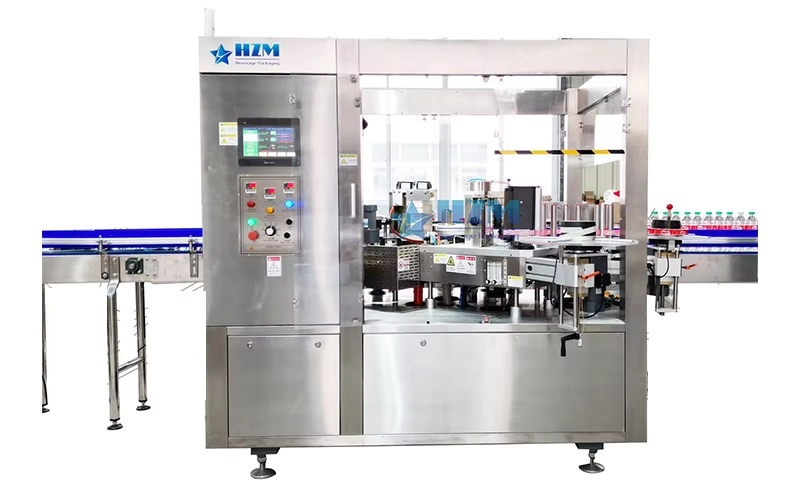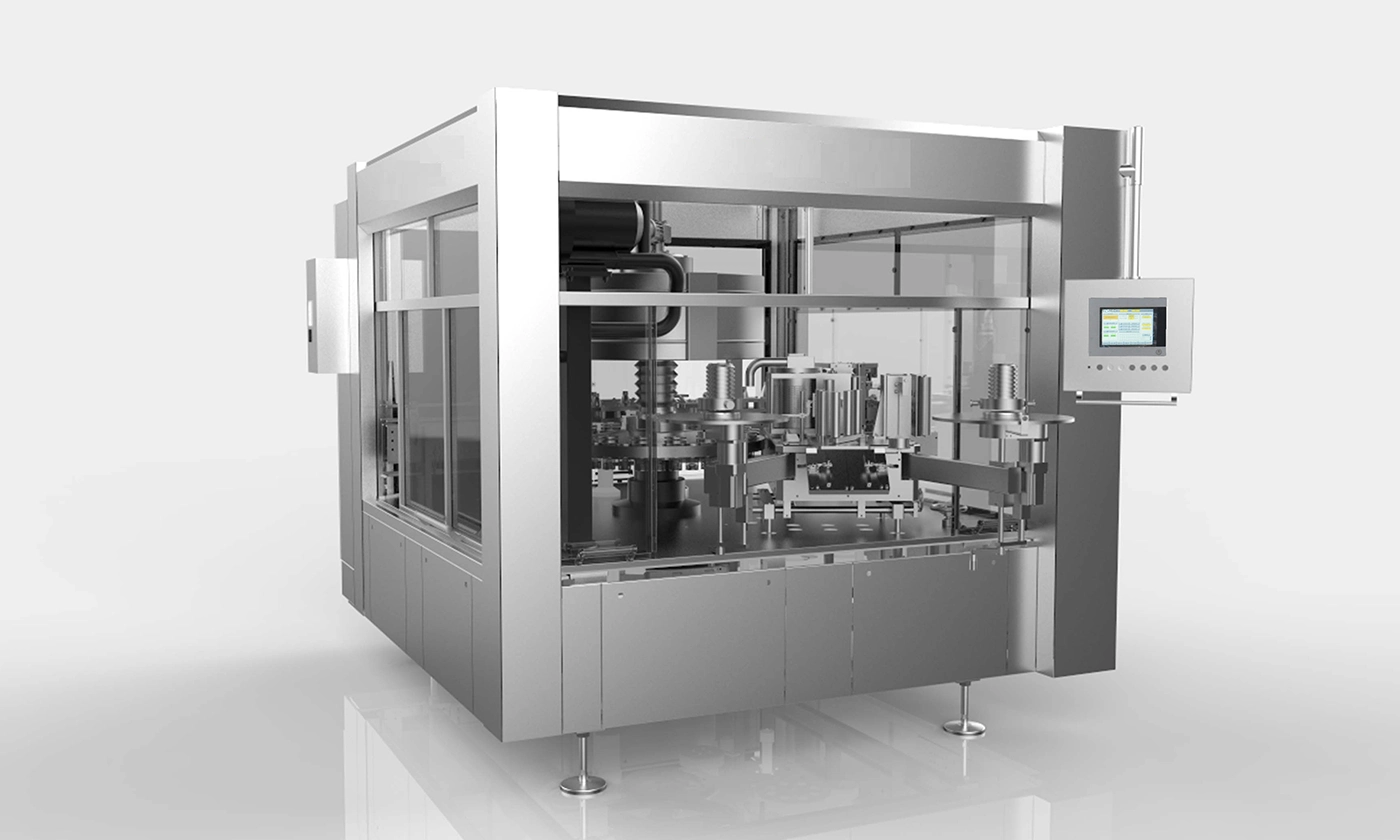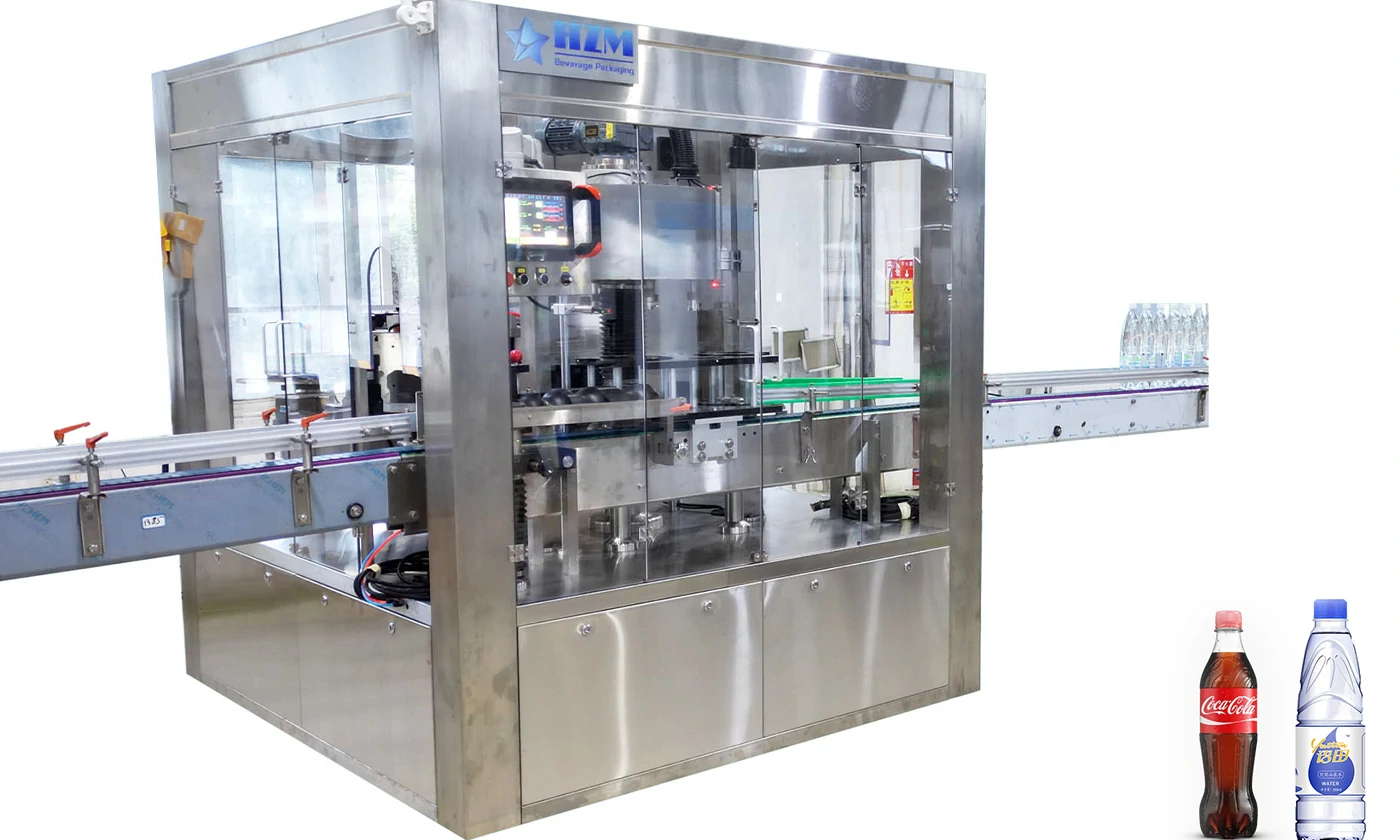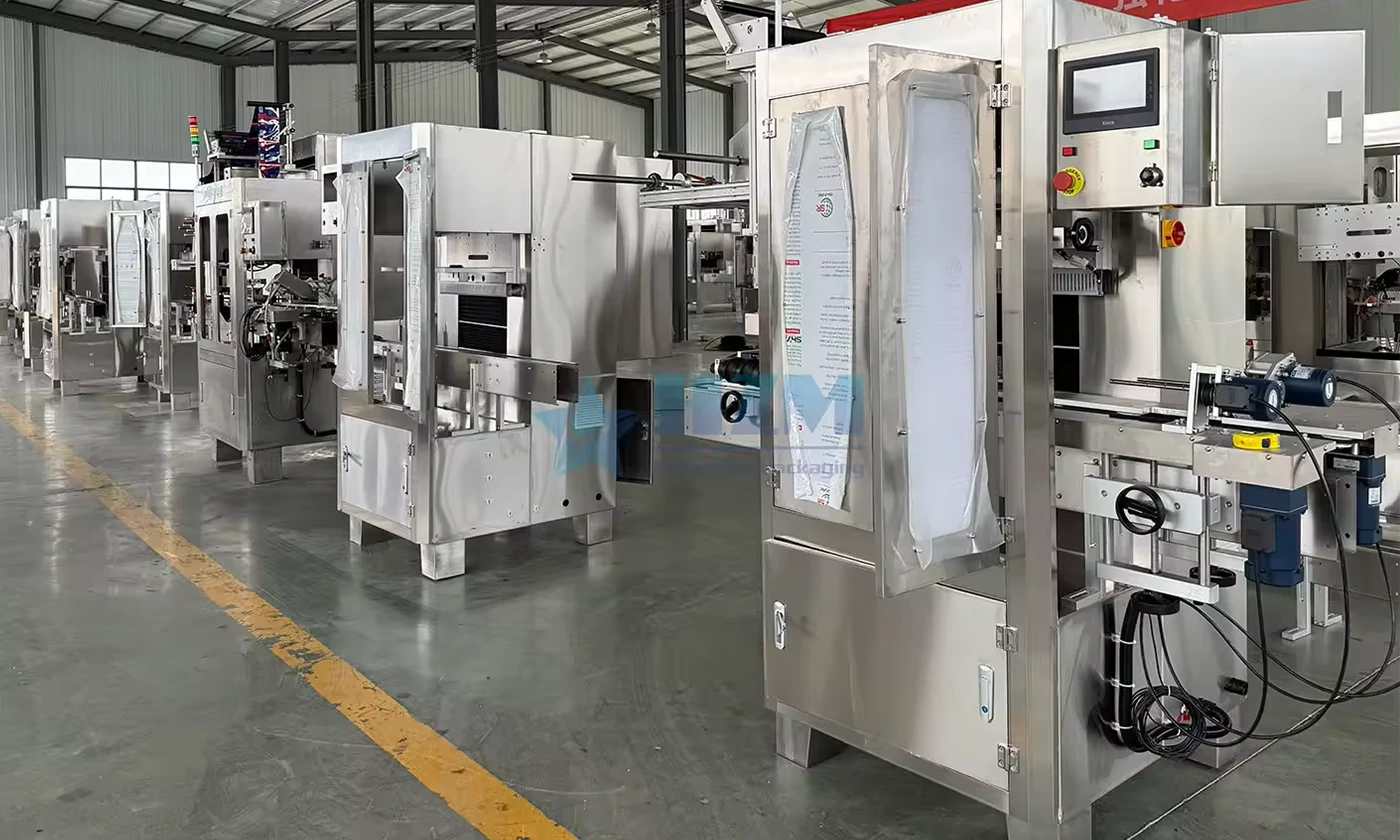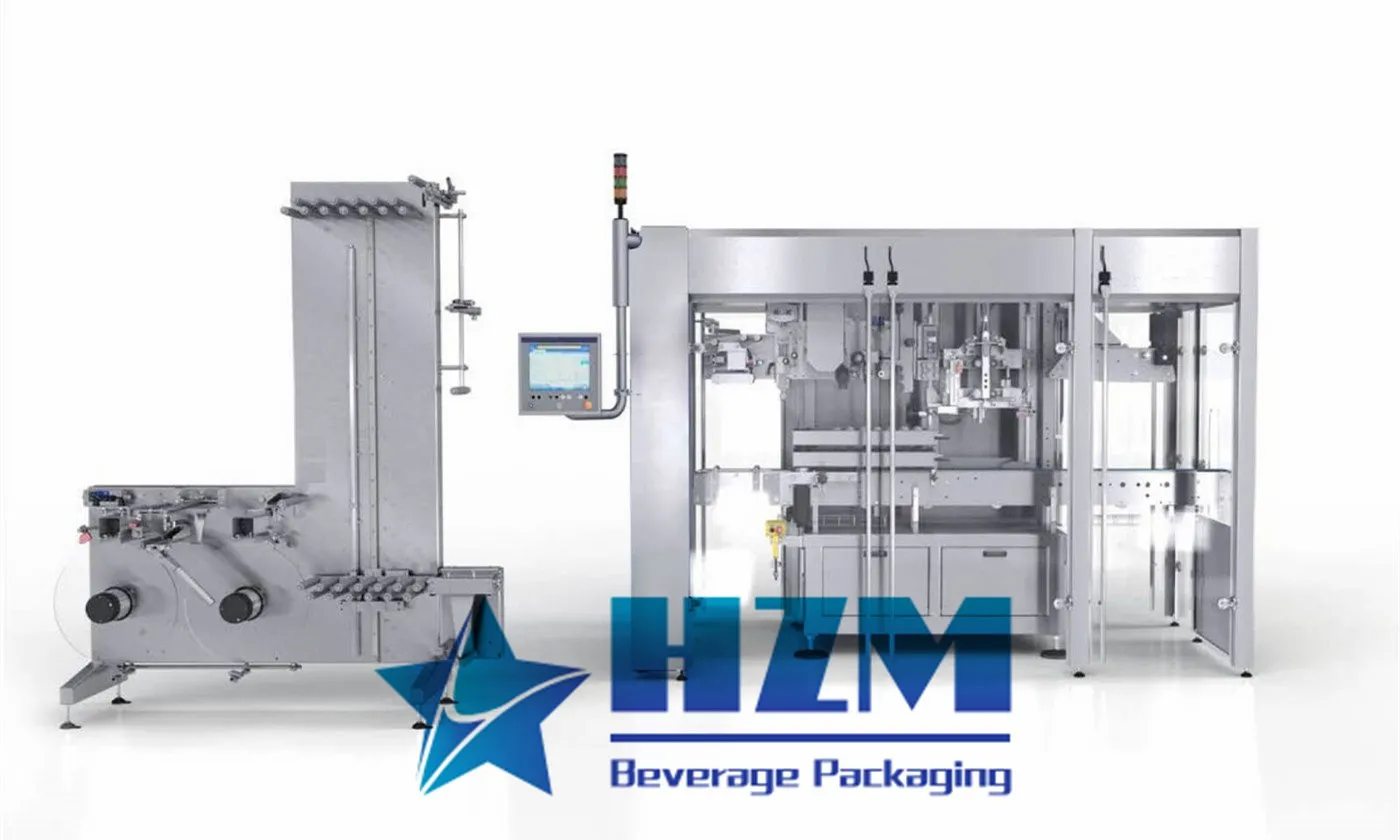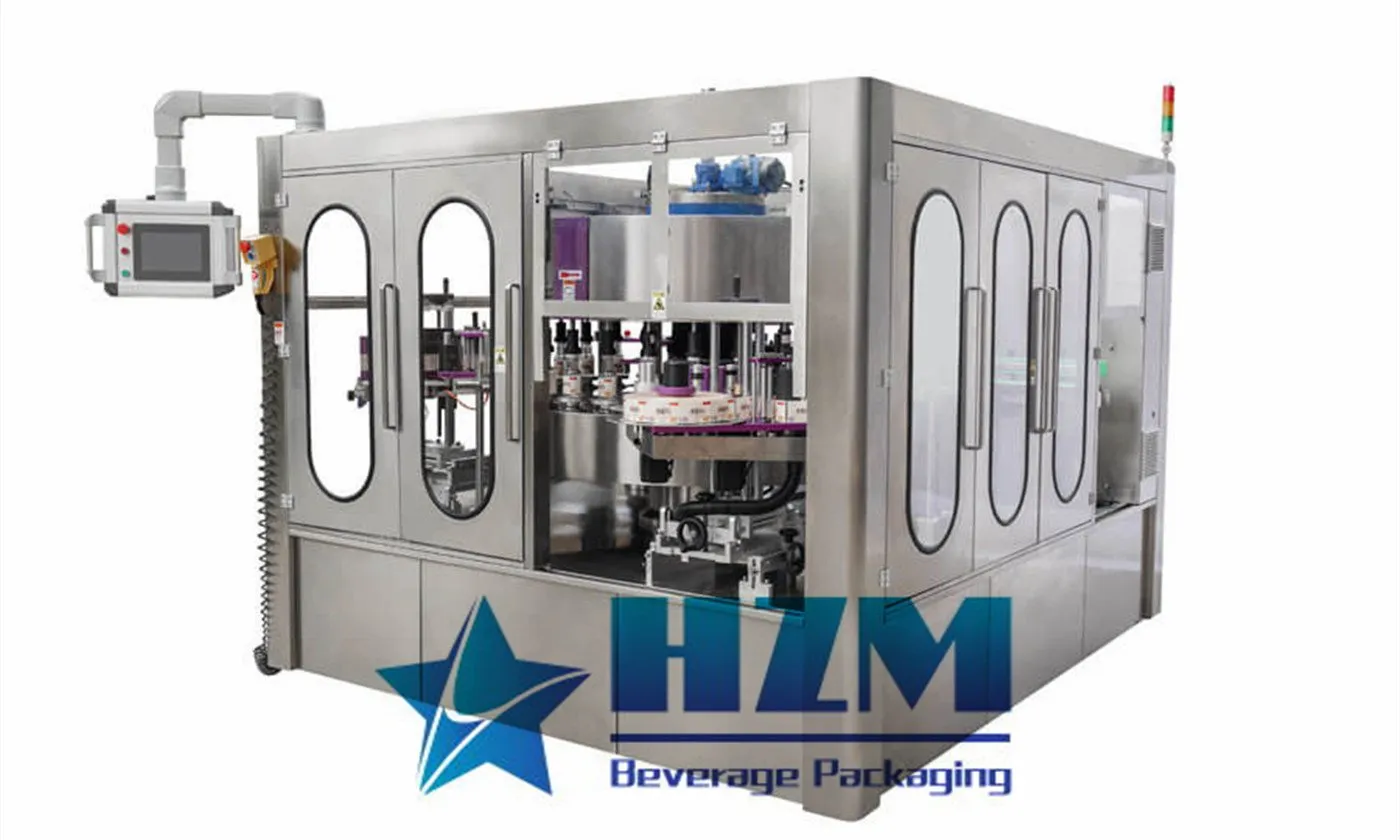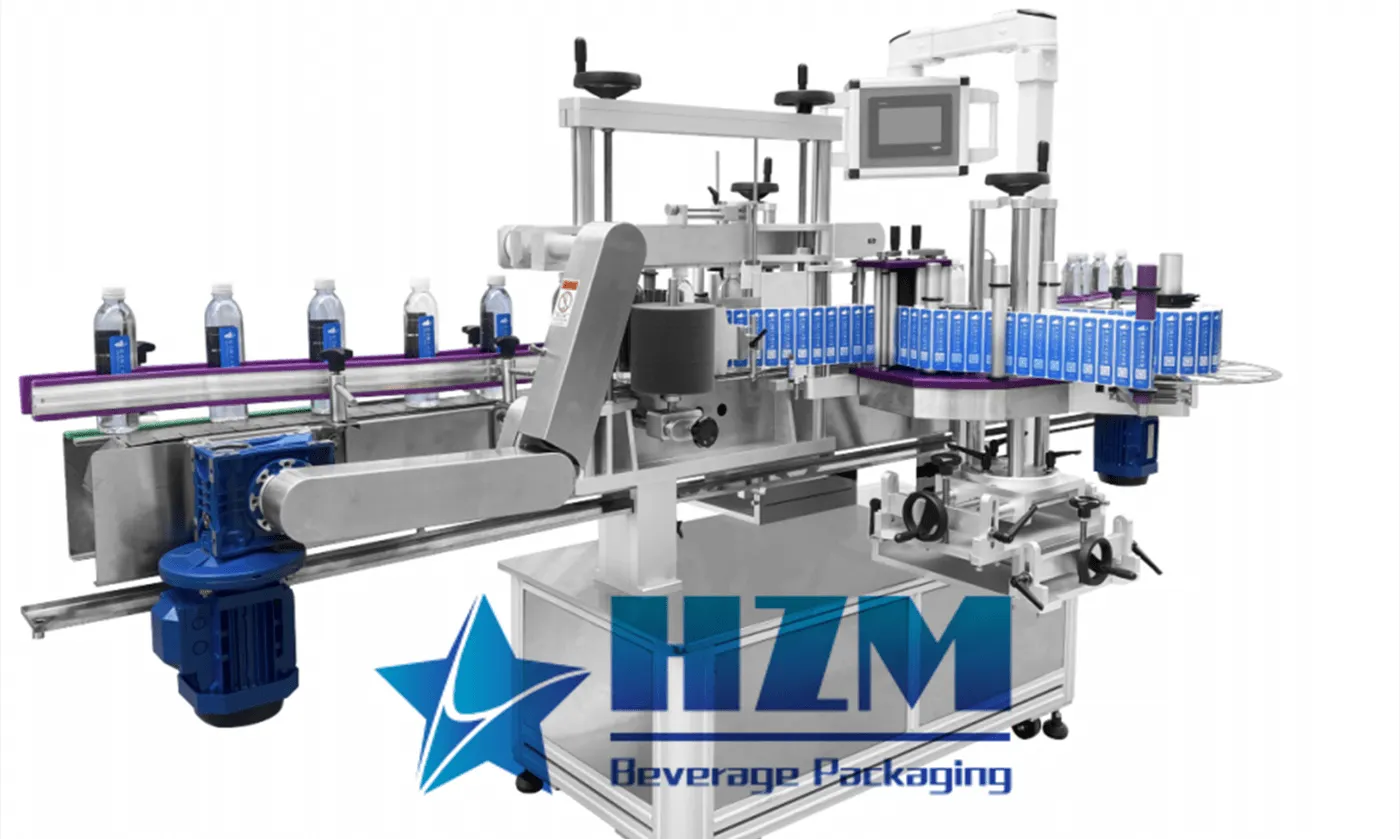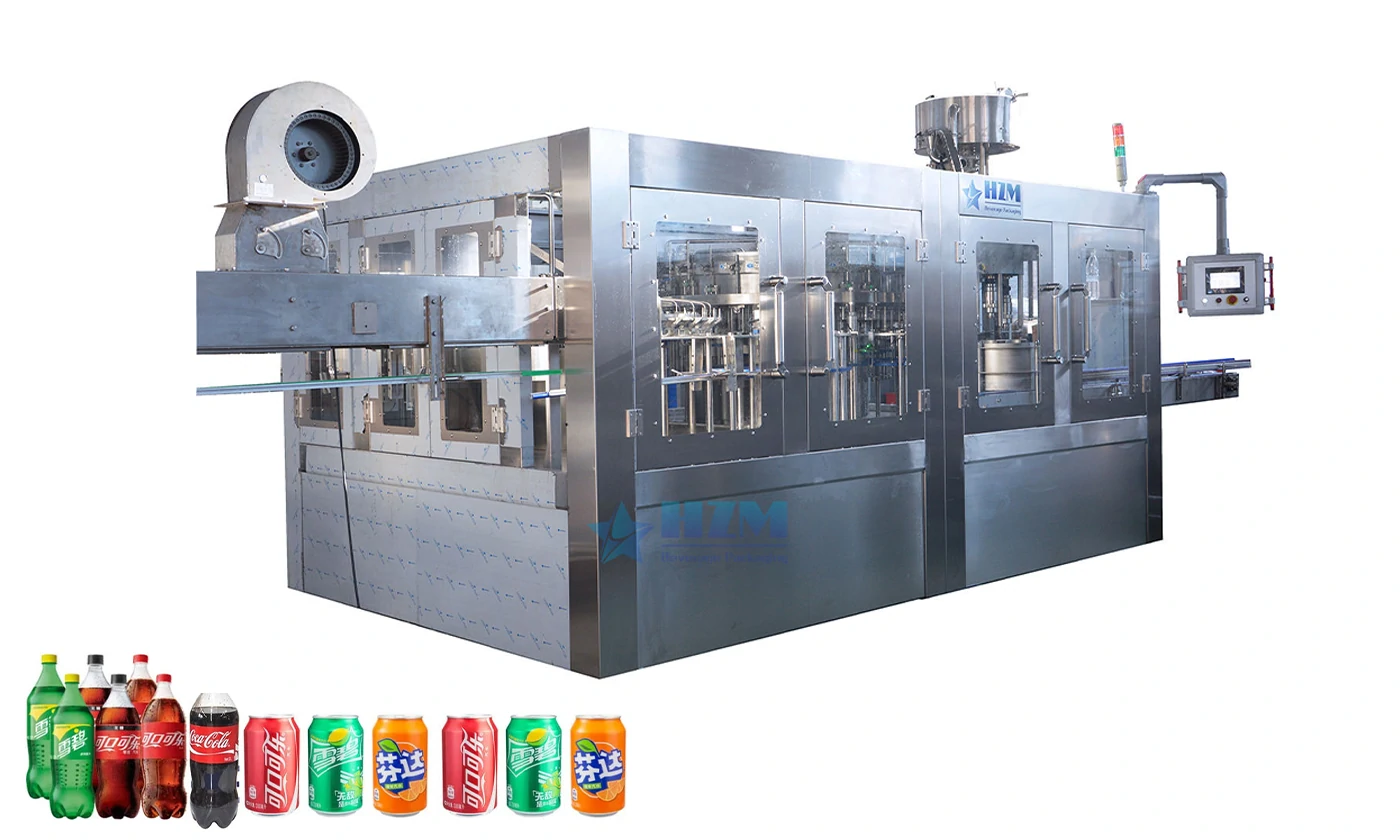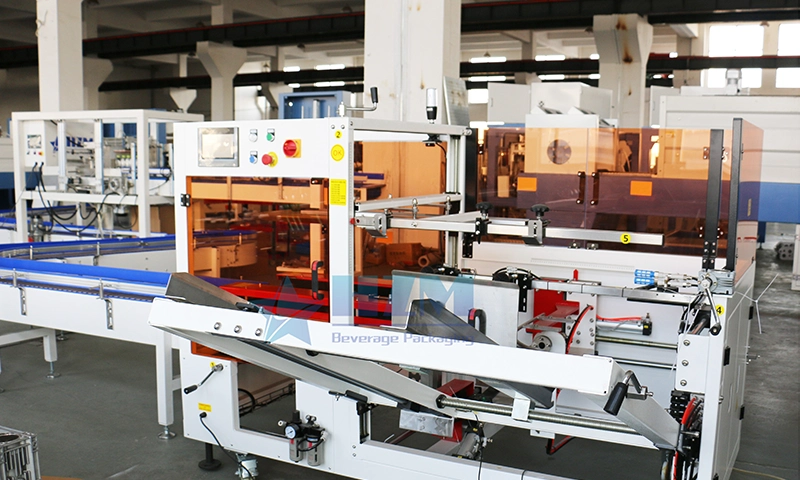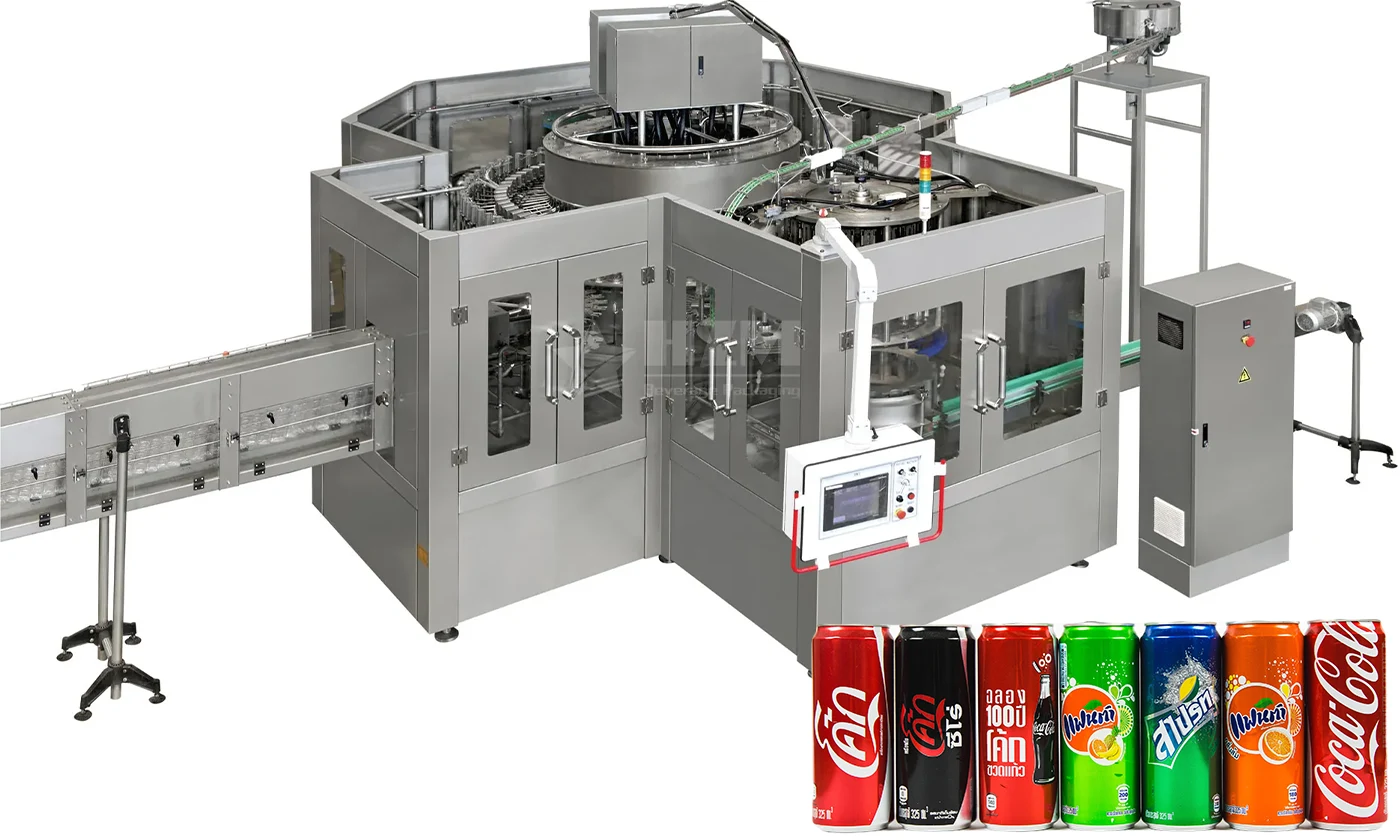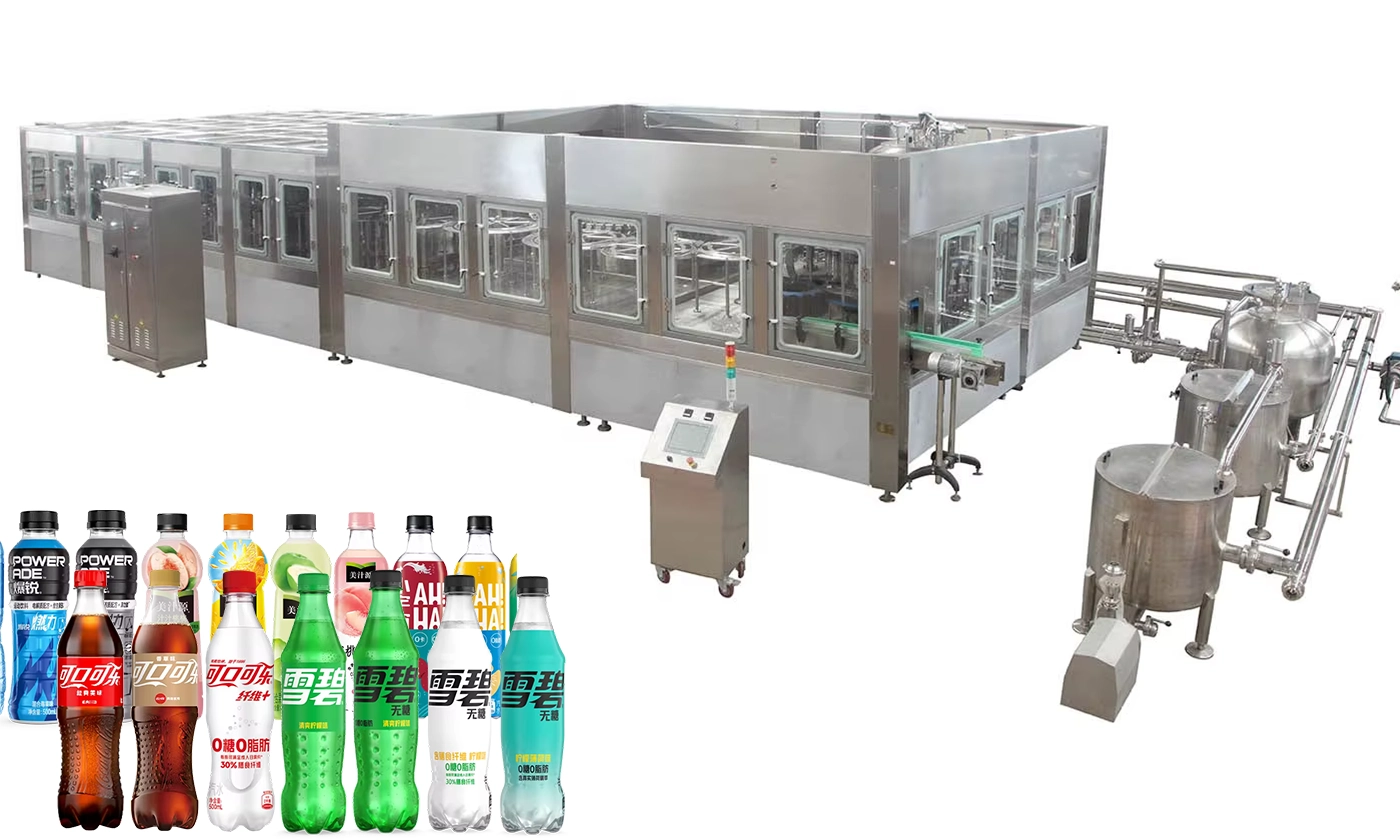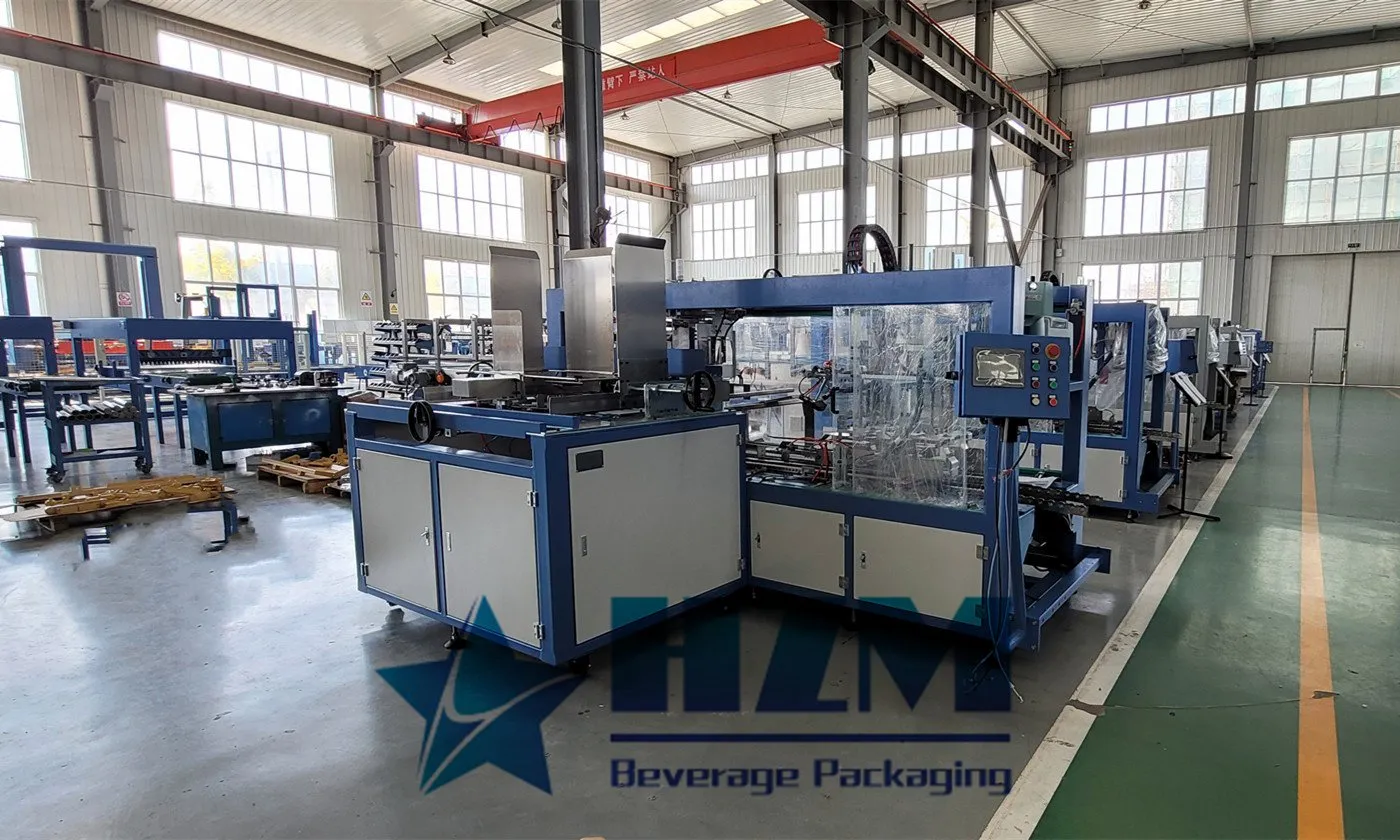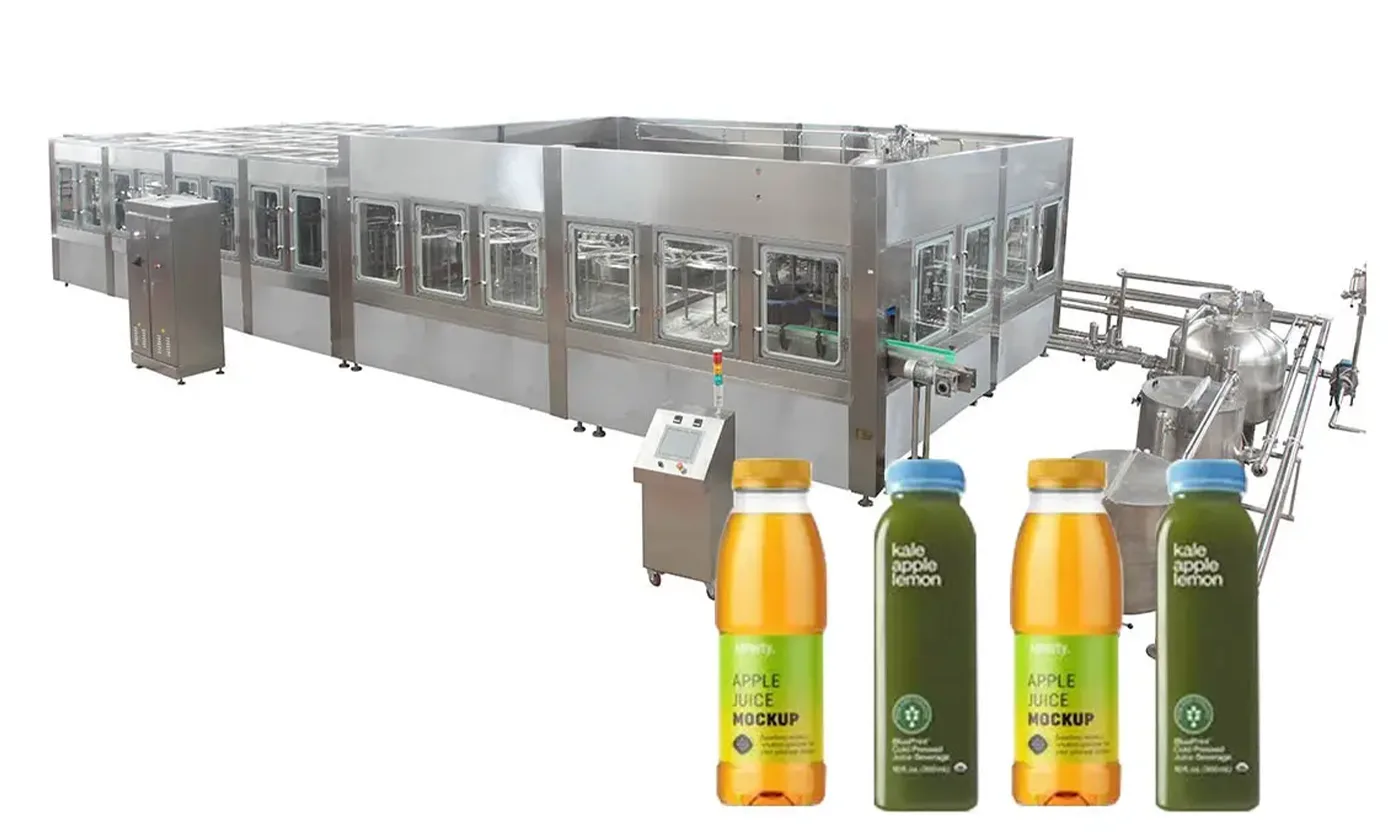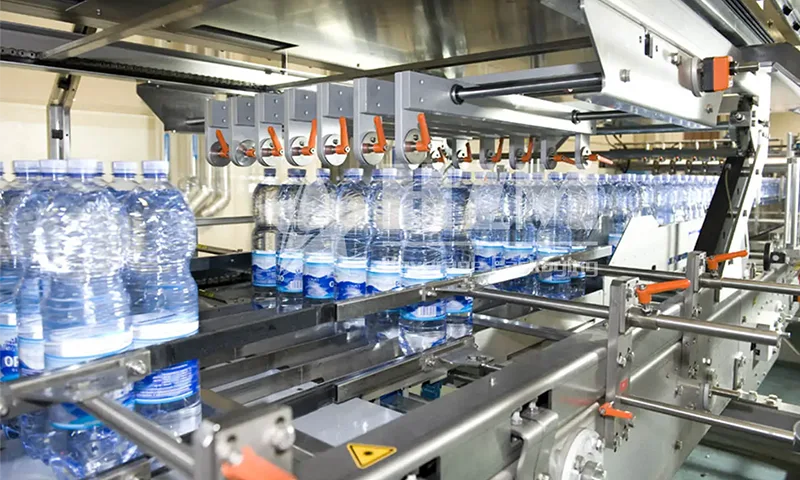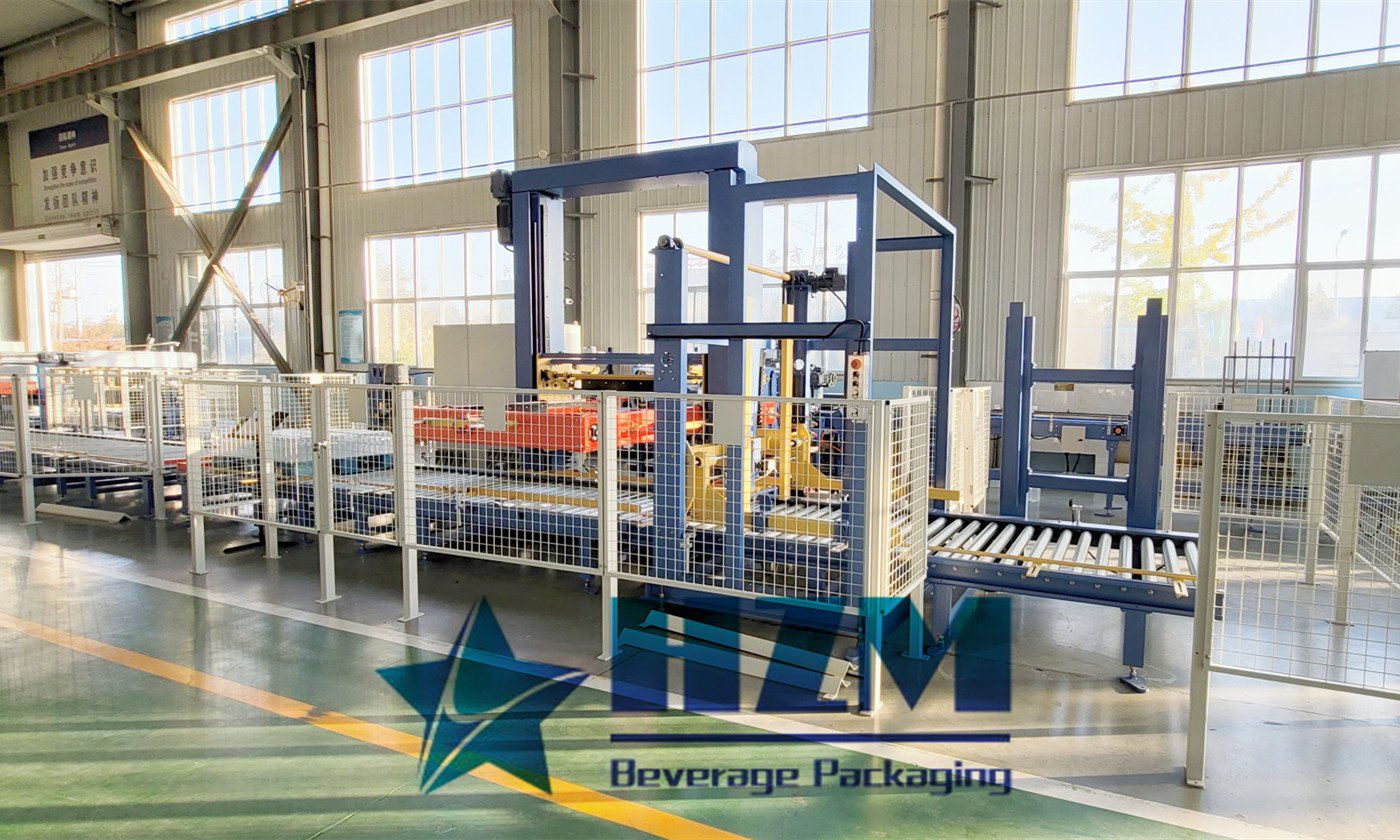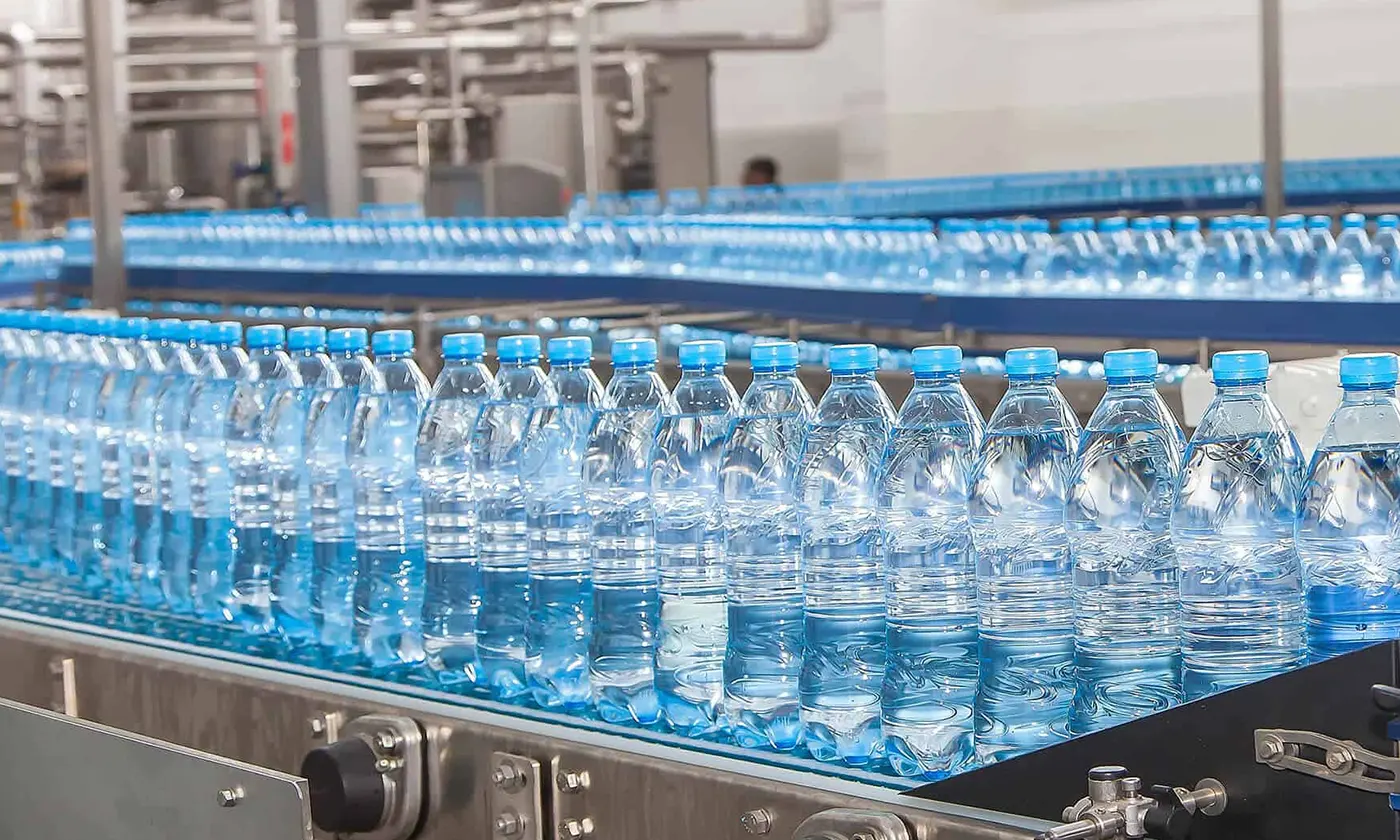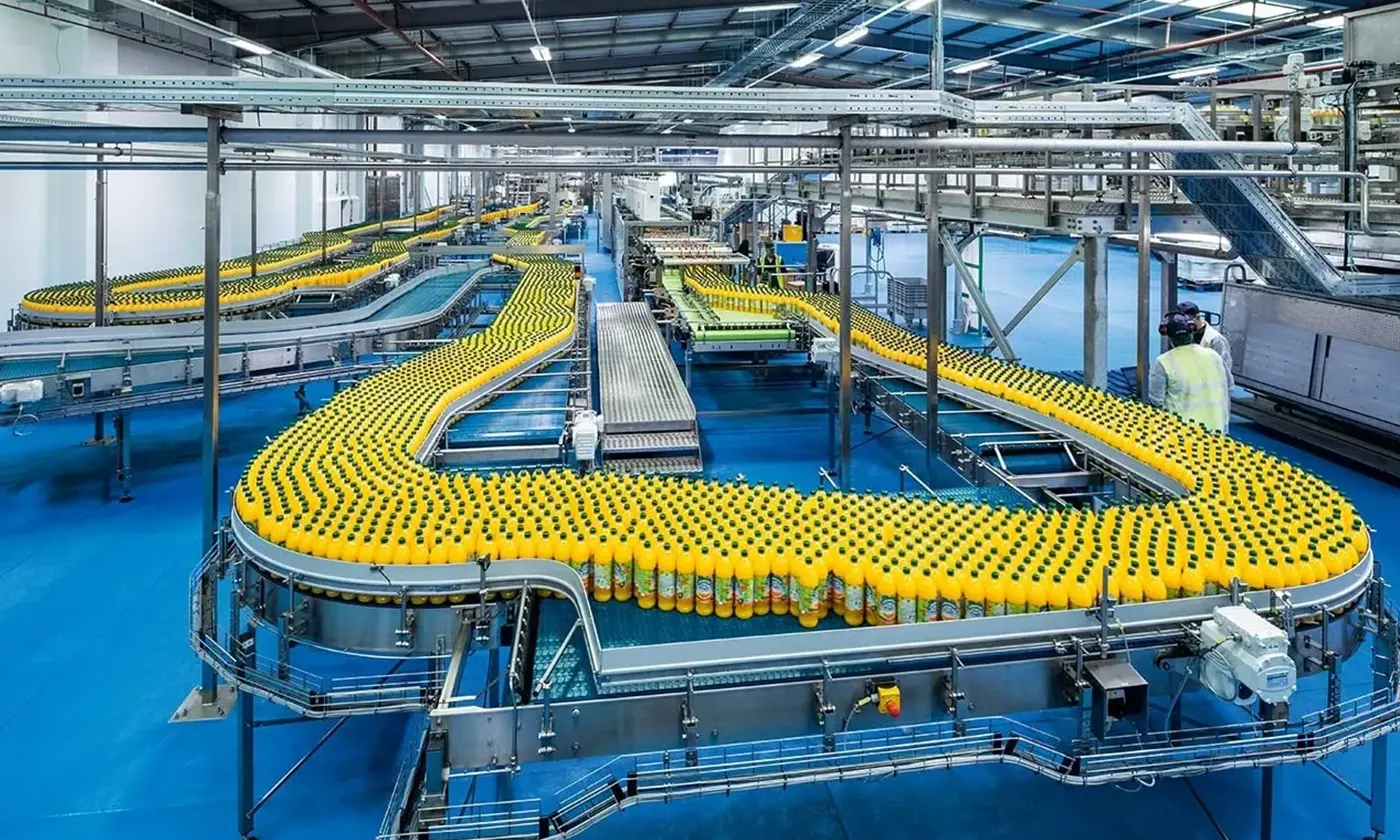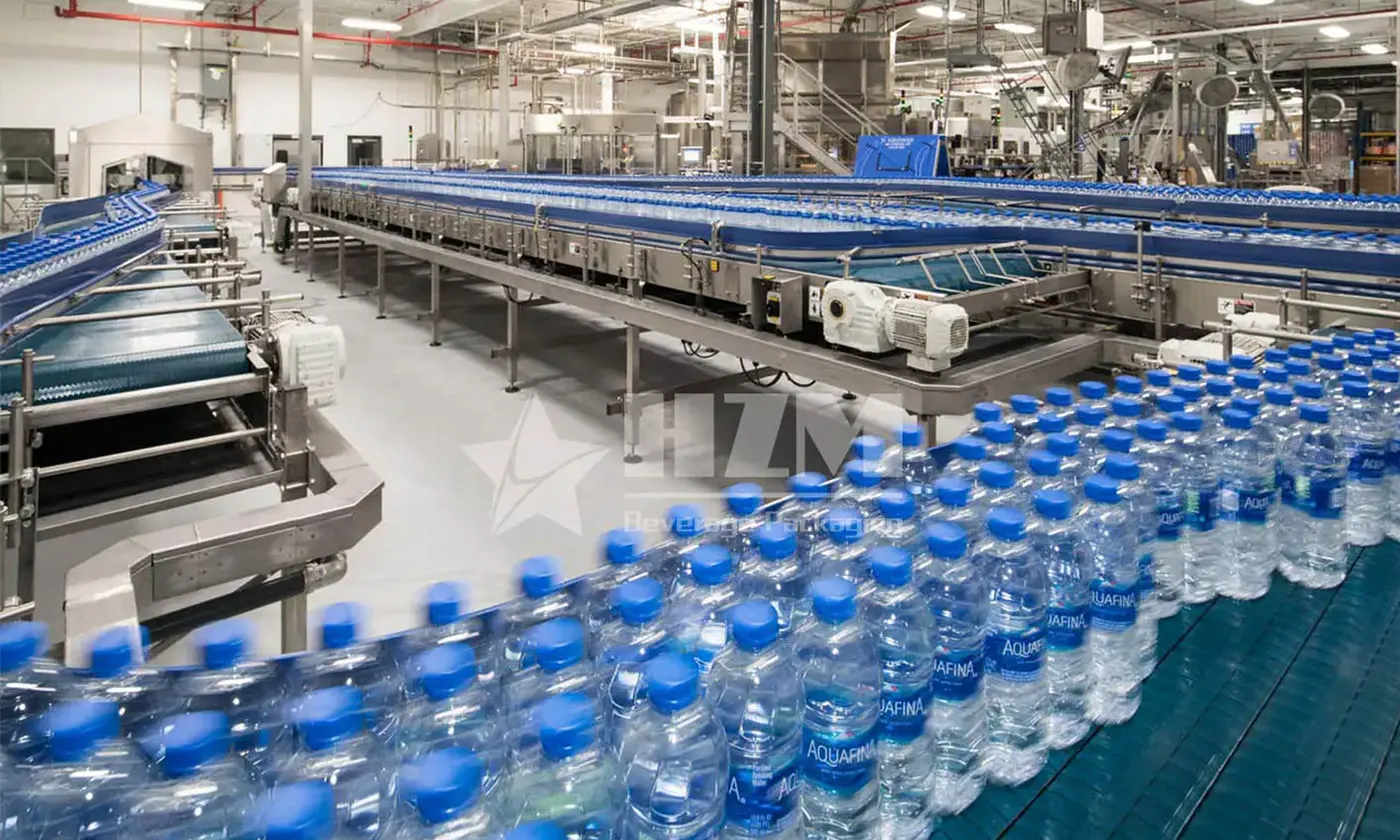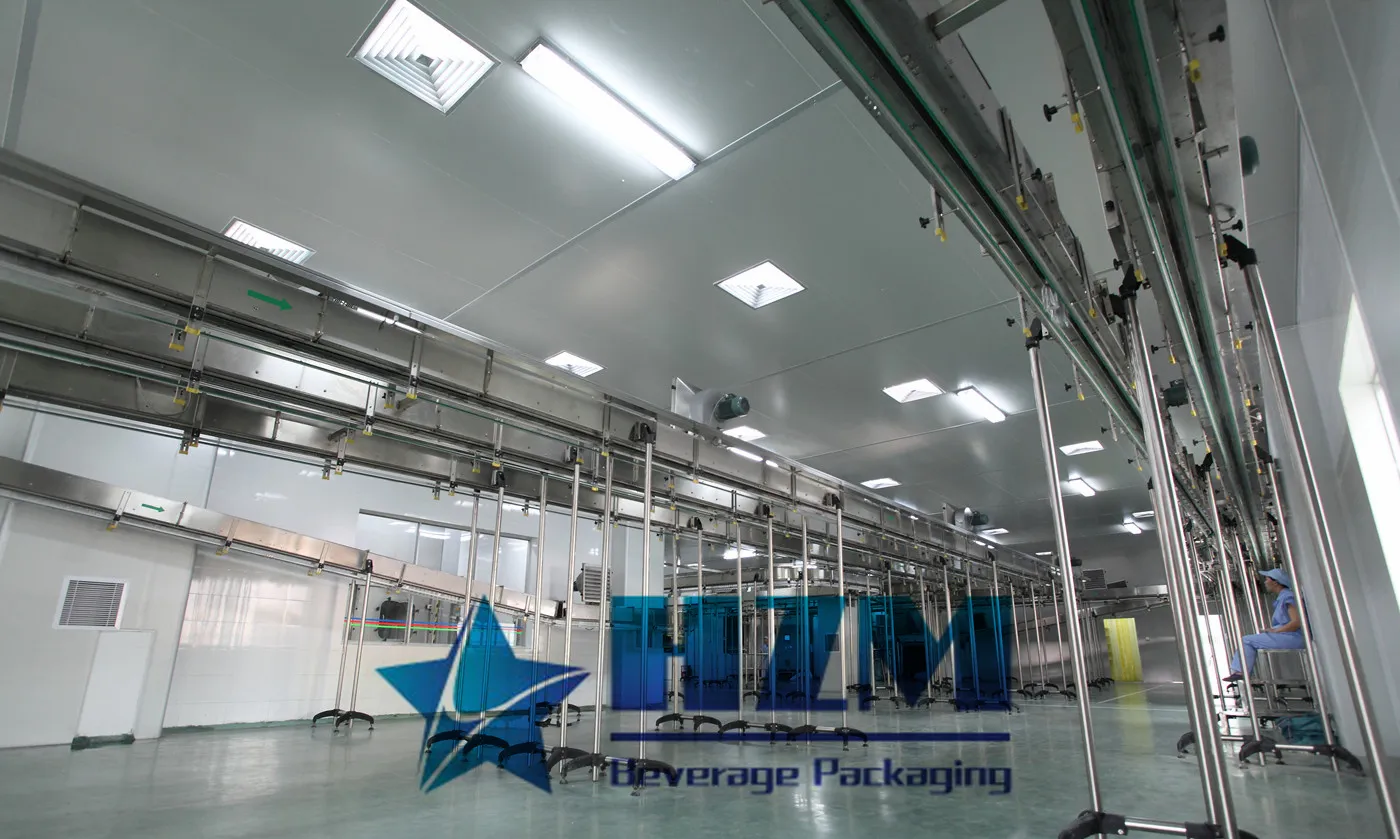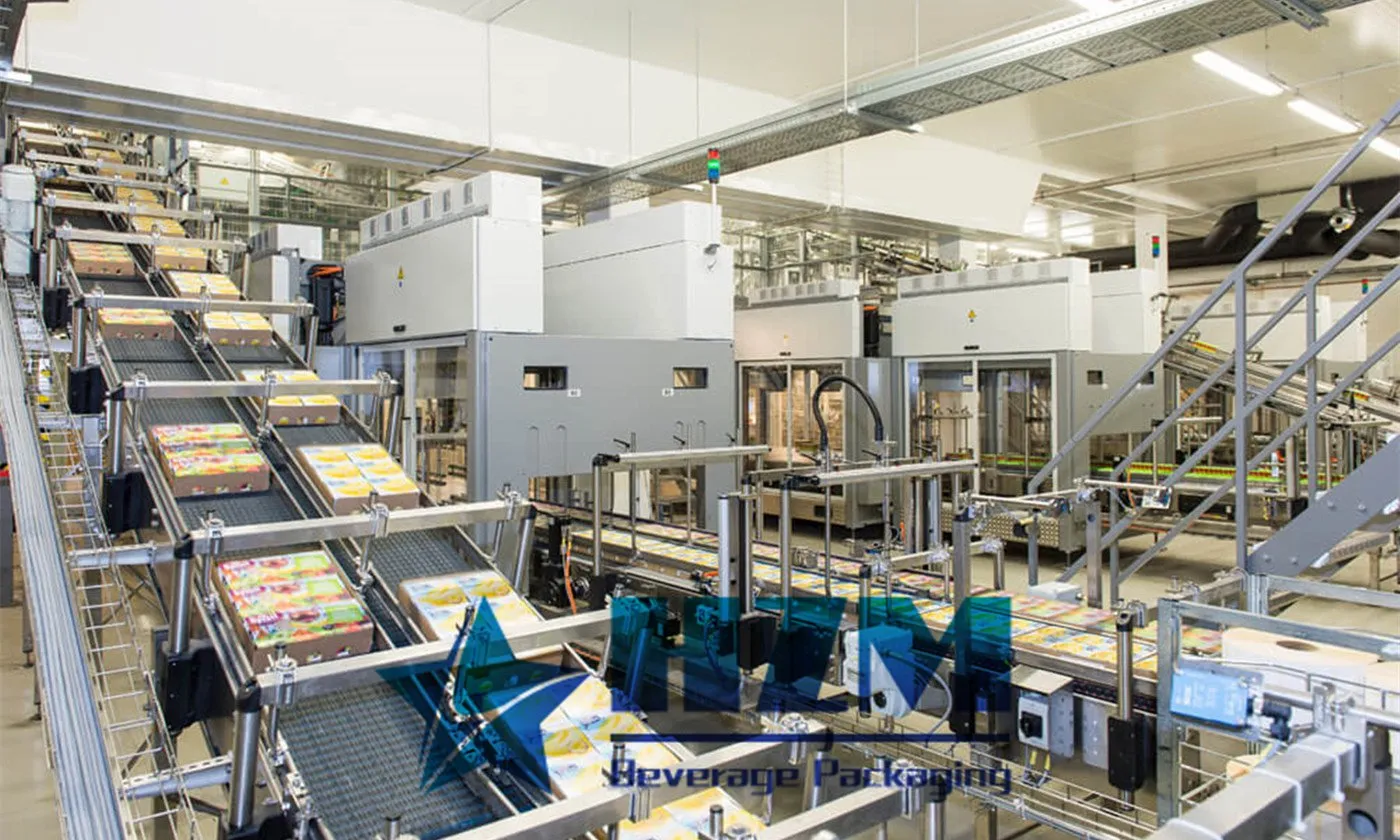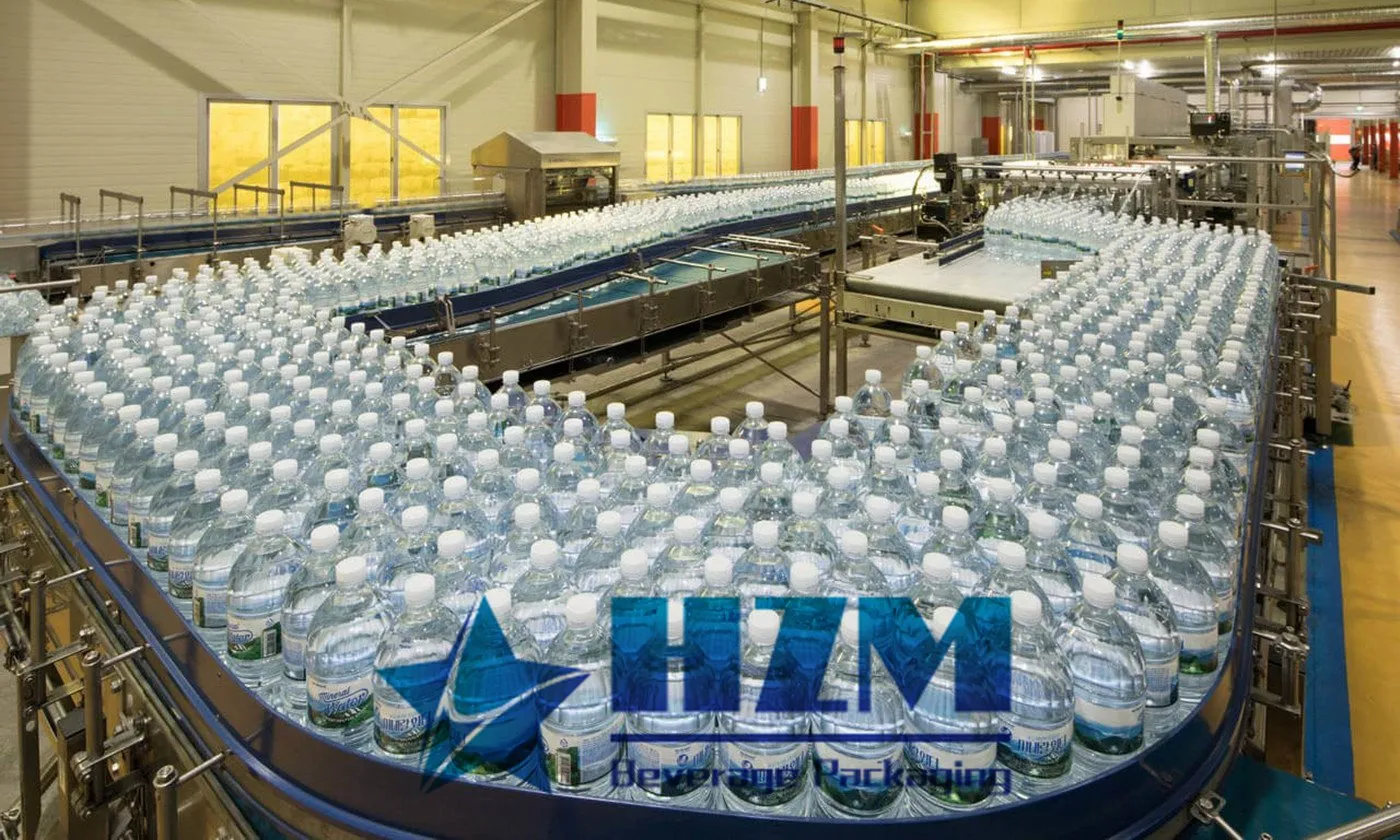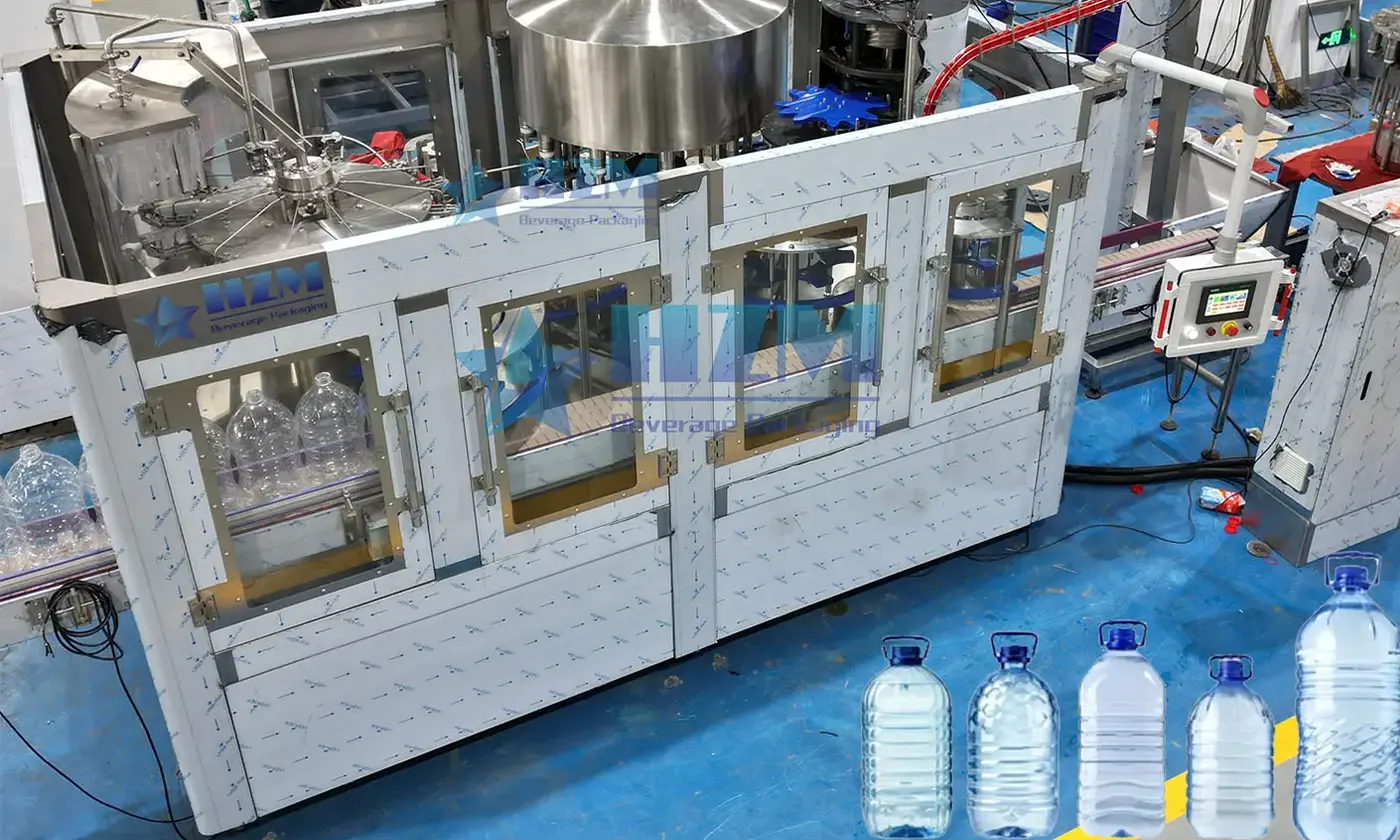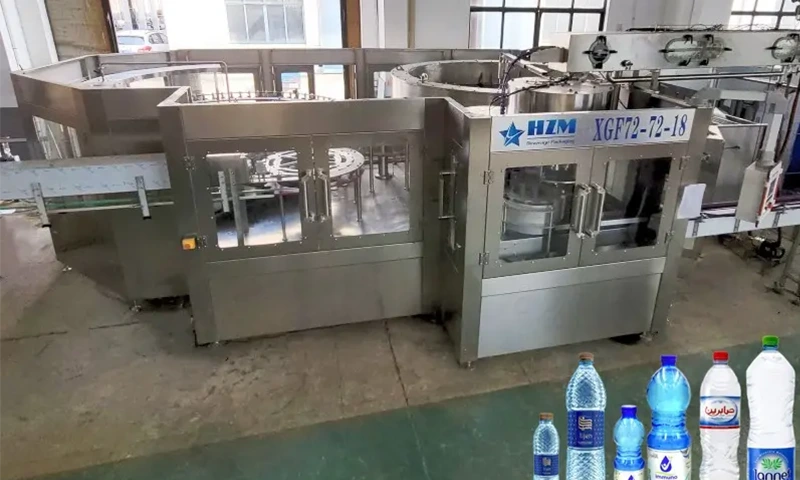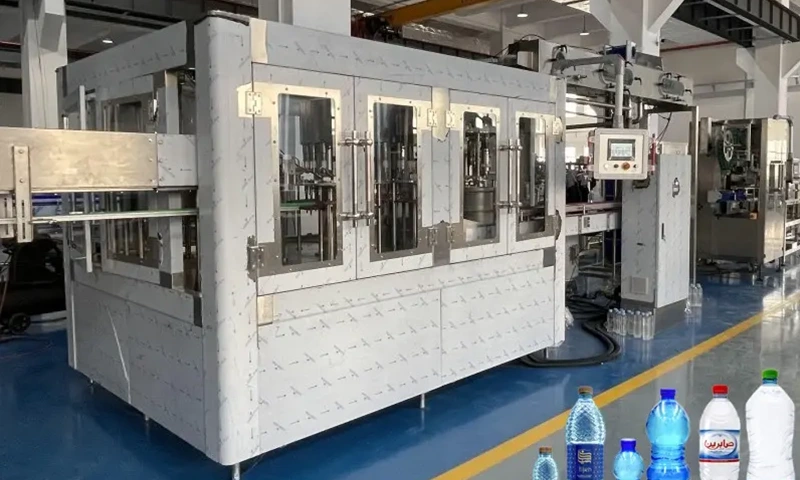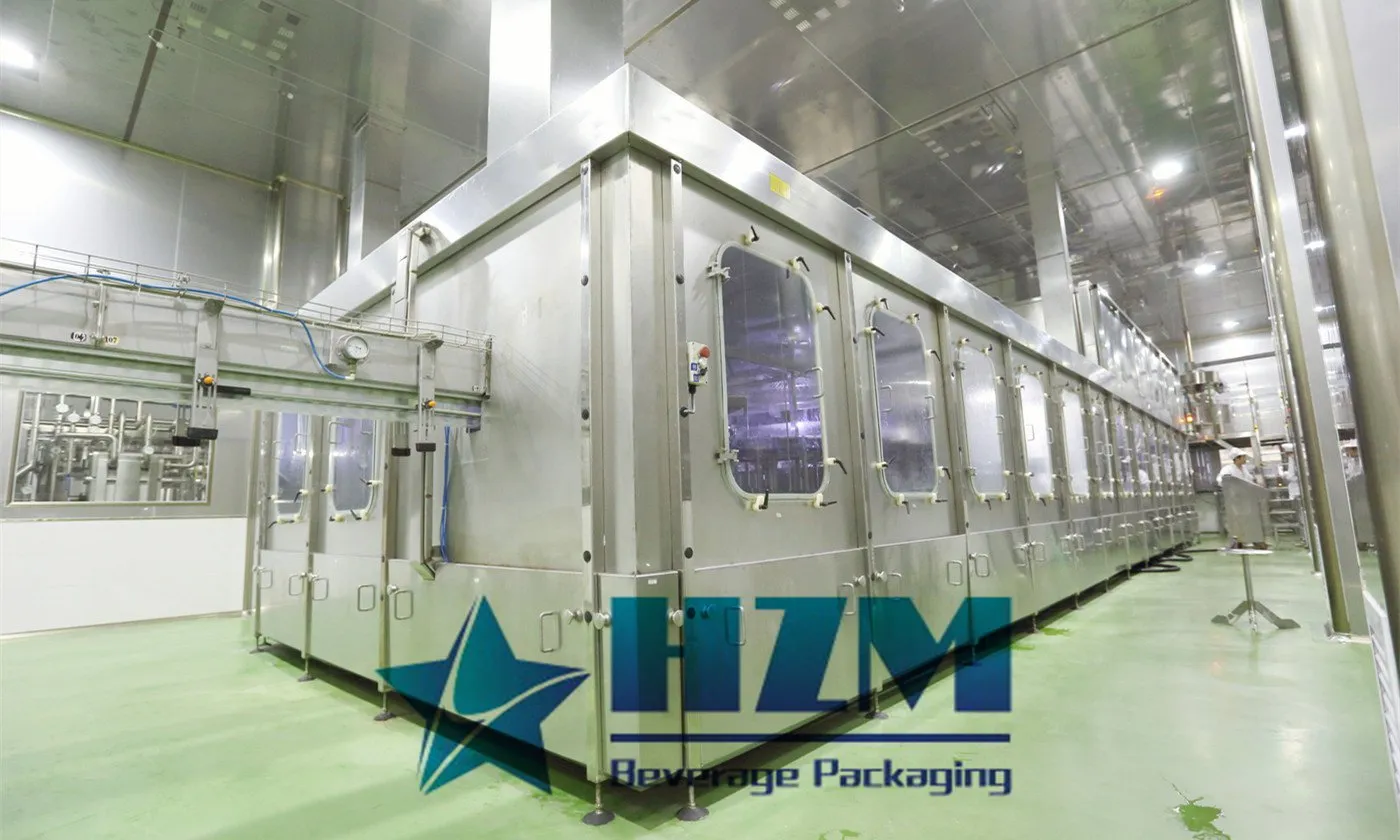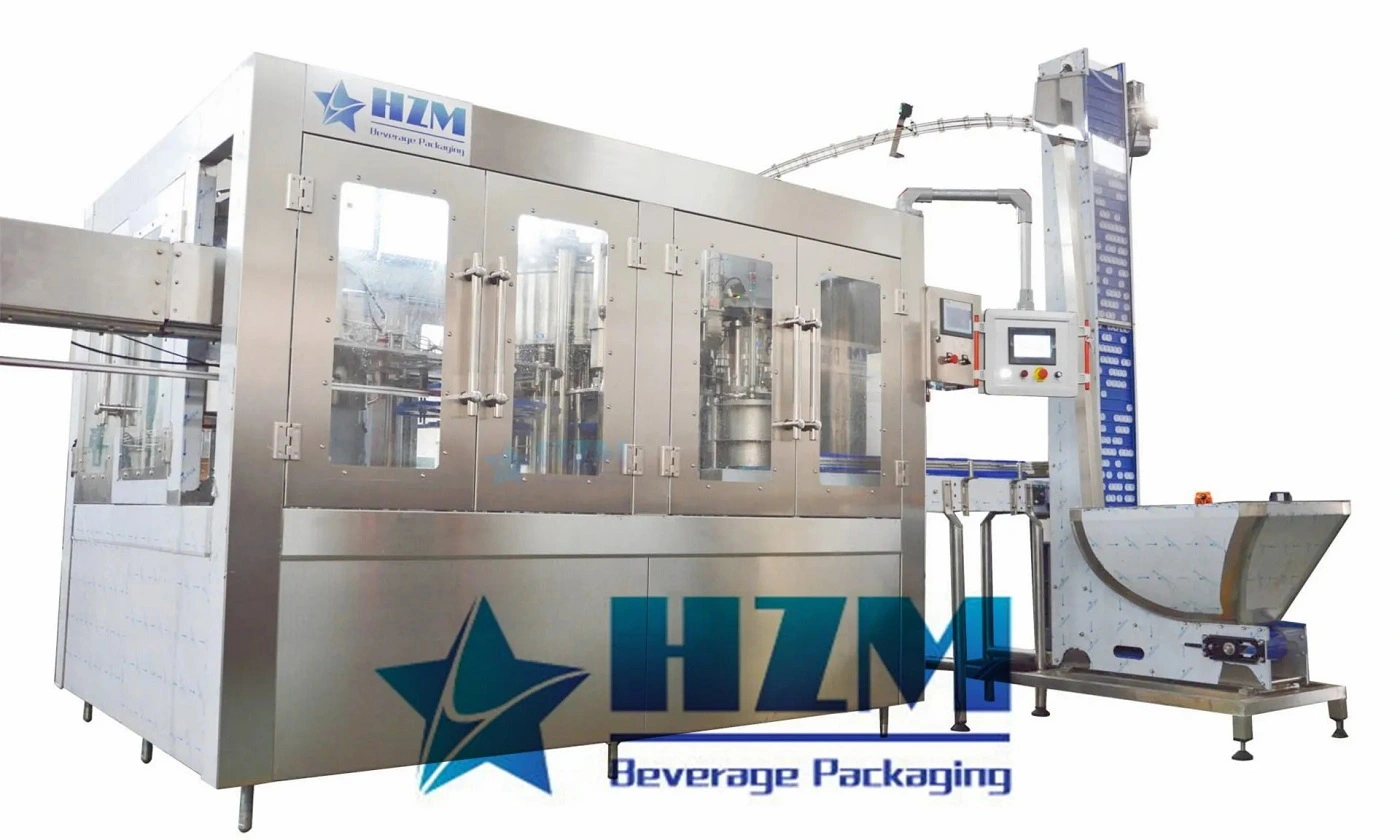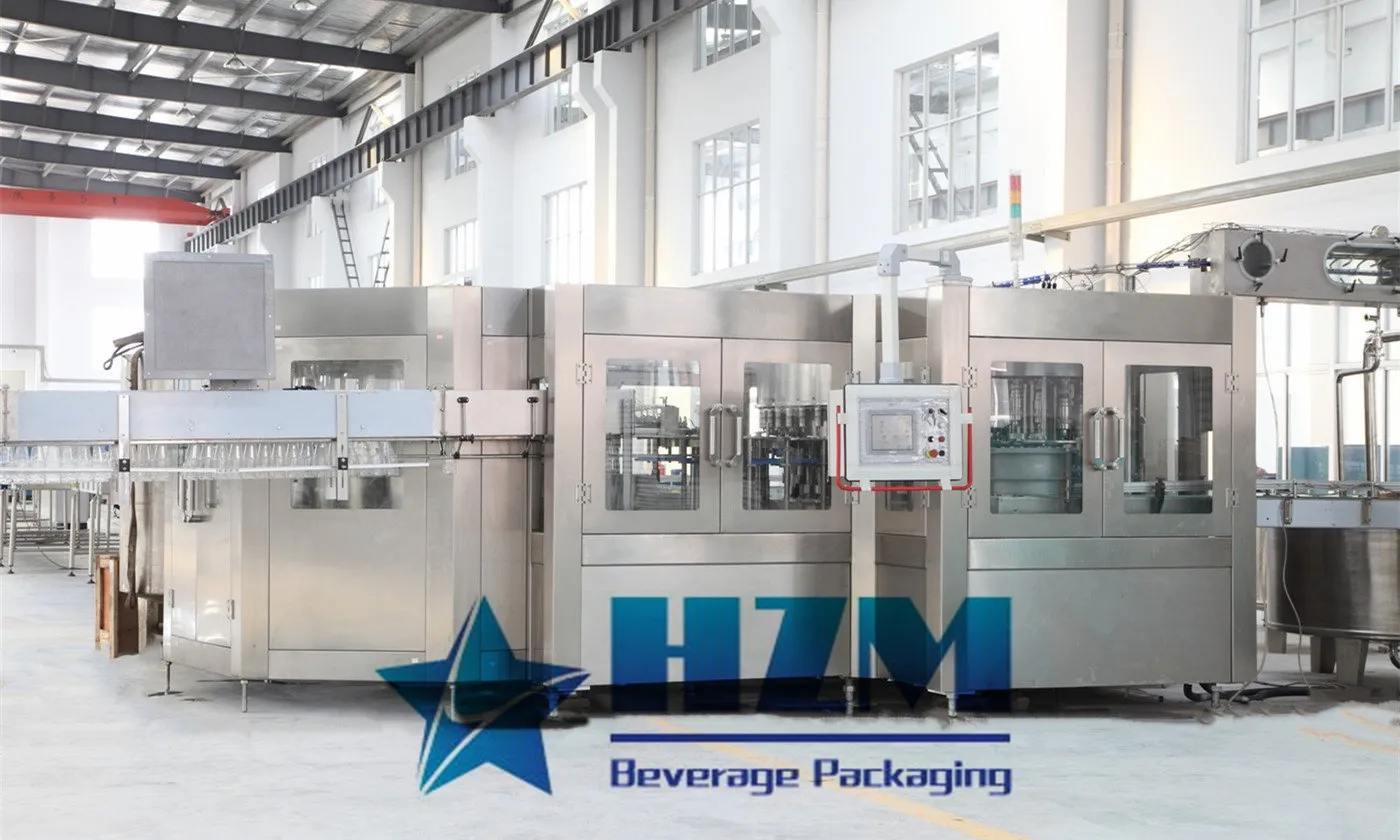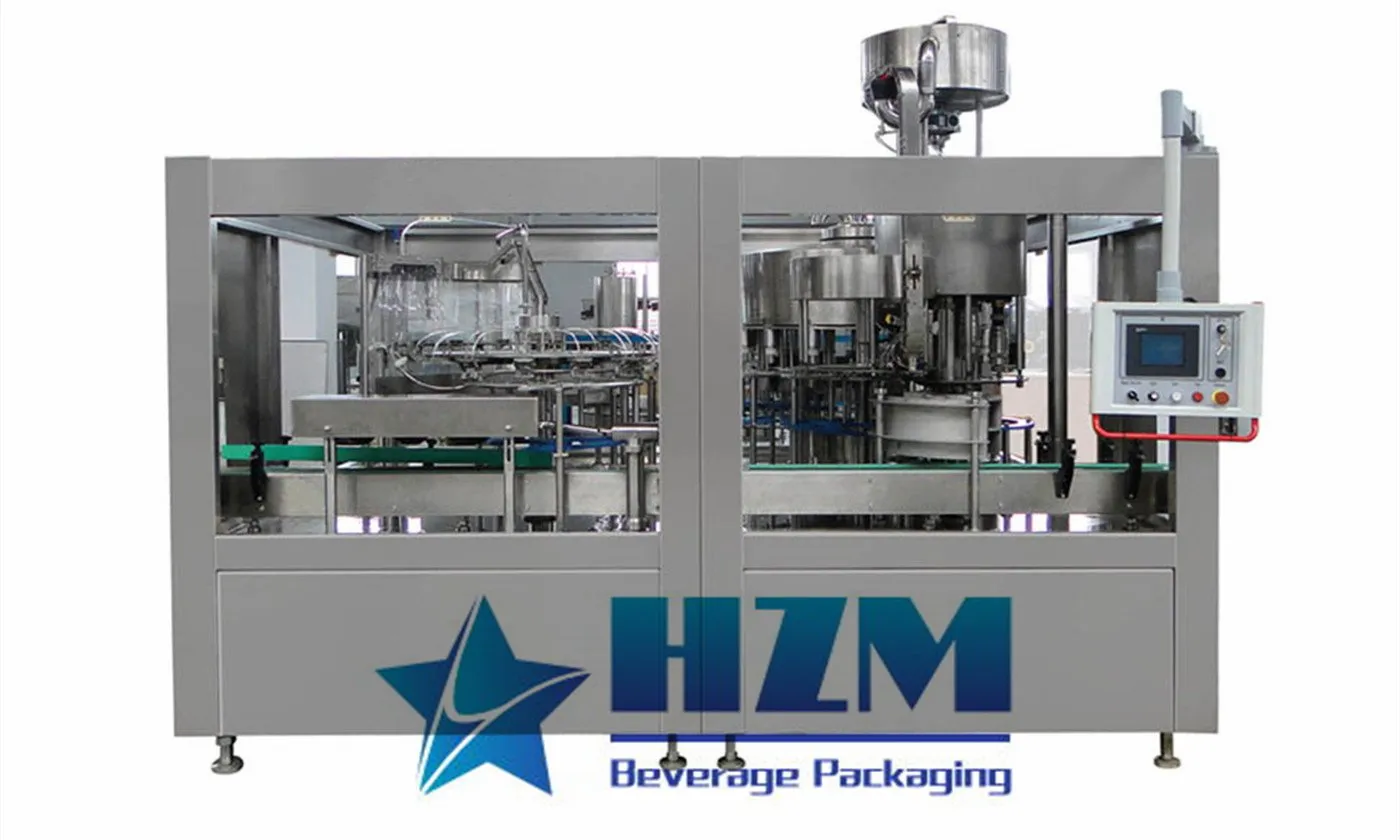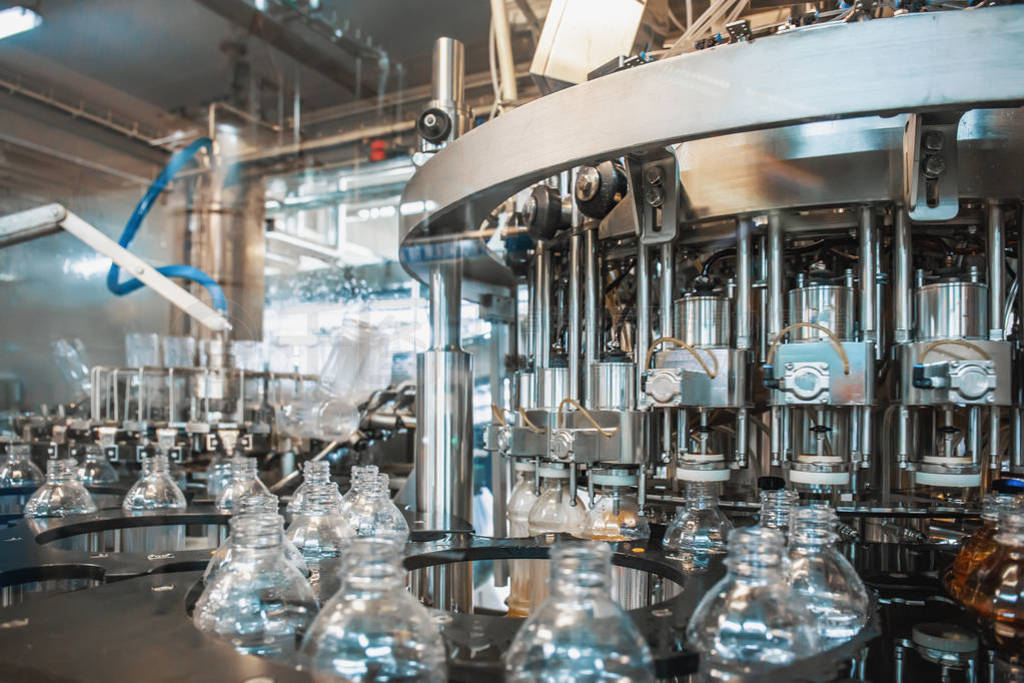
Mineral water production is a dynamic industry that balances strict quality standards, regulatory compliance, and operational efficiency—all of which directly impact production costs. For entrepreneurs, plant managers, and industry stakeholders, understanding the full spectrum of mineral water production costs is critical to optimizing profitability, making informed investment decisions, and maintaining competitive advantage in a global market. This guide provides a data-driven, authoritative breakdown of mineral water production costs, highlights key cost drivers, and shares actionable strategies to reduce expenses—backed by industrial expertise and insights from leading equipment suppliers like HZM Machinery.
What Constitutes Mineral Water Production Cost? A Detailed Breakdown
Mineral water production costs encompass two core categories: fixed costs (long-term, recurring expenses independent of production volume) and variable costs (expenses that fluctuate with output levels). Below is a comprehensive breakdown of each component, supported by industry averages and real-world data to ensure accuracy and relevance[5].
1. Fixed Costs: Foundational Investments for Long-Term Operations
Fixed costs are essential upfront and ongoing expenses that enable consistent production, regardless of how much mineral water is bottled. These costs are stable over short to medium terms and include:
a. Production Facility & Infrastructure
The cost of acquiring, leasing, or constructing a production facility varies significantly based on location (proximity to water sources reduces transportation costs), size, and compliance with local regulations. For small-scale plants (500–2,000 bottles per hour), facility costs typically range from $15,000–$50,000, while large-scale industrial facilities (5,000–20,000+ bottles per hour) can require $200,000–$1,000,000+ in infrastructure investment. Additional infrastructure costs include water source development (wells, spring access), storage tanks, and waste treatment systems to meet environmental standards.
b. Machinery & Equipment
High-quality, reliable equipment is a non-negotiable fixed cost for mineral water production, as it directly impacts efficiency, product quality, and long-term maintenance expenses. Core equipment includes water treatment systems, filling machines, blow molding machines, labeling machines, packing machines, and conveyor systems—all of which are supplied by comprehensive vendors like HZM Machinery. HZM Machinery is a professional supplier integrating development, manufacture, and sales of liquid beverage packaging machinery, offering customized solutions tailored to material, power, filling type, and bottle specifications[5].
Equipment costs vary by scale and automation level: small-scale semi-automated lines may cost $20,000–$80,000, while fully automated smart lines (with PLC/SCADA monitoring) range from $80,000–$300,000+. For turnkey projects—from PET preform and cap making machines to complete production lines—HZM Machinery provides end-to-end solutions, ensuring equipment compatibility and optimal performance while simplifying initial investment planning.
c. Regulatory Compliance & Certifications
Mineral water is subject to strict global regulations (e.g., FDA, EU Directive 2009/54/EC) governing water quality, mineral content, labeling, and safety. Fixed compliance costs include permit fees, quality certifications (ISO, GMP), and regular audits, averaging $0.01–$0.05 per liter of finished product annually. These costs are non-negotiable and critical to building consumer trust and market access.
2. Variable Costs: Volume-Dependent Expenses
Variable costs increase or decrease with production volume and are the primary focus for short-term cost optimization. They account for the majority of ongoing operational expenses, with raw materials and energy being the largest contributors:
a. Raw Materials
Raw materials are the single largest variable cost, representing 40–60% of total production costs. Key components include:
-
Water Source: Costs vary based on source type—groundwater/spring water may require less purchasing but more treatment, while municipal water has higher upfront costs but lower purification needs. Water rights and extraction fees add $0.02–$0.10 per liter in some regions[5].
-
Minerals: Natural mineral content may require minimal supplementation, but adding calcium, magnesium, or trace elements to meet product specifications costs $0.01–$0.05 per liter, depending on mineral type and concentration.
-
Packaging Materials: Bottles (PET, glass, aluminum), caps, and labels account for 30–40% of raw material costs. PET bottles are the most cost-effective option ($0.05–$0.20 per bottle), while glass bottles (used for premium brands) increase costs by 50–100%. Bulk purchasing and partnerships with packaging equipment suppliers like HZM Machinery (which offers blow molding machines for on-site PET bottle production) can reduce packaging costs by 15–20%.
b. Energy Consumption
Energy is critical for water treatment (filtration, disinfection, reverse osmosis), bottle molding, filling, and packaging. Average energy costs range from $0.10–$0.50 per liter of finished product, accounting for 15–20% of variable costs. Energy-efficient equipment—such as HZM Machinery’s low-power filling and conveyor systems—can reduce energy consumption by 10–15%, significantly cutting long-term variable costs.
c. Labor Costs
Labor costs vary by region, automation level, and plant scale, ranging from $0.20–$1.00 per liter. Small-scale plants rely on manual labor (production, quality checks, packaging), while fully automated lines (supplied by HZM Machinery) reduce labor needs by 60–70%, limiting costs to skilled technicians for equipment maintenance and monitoring. Annual labor costs for mid-scale plants typically range from $200,000–$500,000.
d. Maintenance & Consumables
Regular equipment maintenance and consumables (filters, disinfectants, lubricants) are essential to avoid downtime and ensure product quality. Maintenance costs average $0.05–$0.20 per liter, with consumables accounting for an additional $0.03–$0.08 per liter. Partnering with equipment suppliers like HZM Machinery—who provide professional maintenance guidance and genuine spare parts—reduces unexpected breakdowns and extends equipment lifespan, lowering long-term maintenance costs.
e. Transportation & Logistics
Transportation costs include moving finished products from the plant to distributors or retailers, averaging $0.10–$0.50 per liter. Proximity to markets and efficient packaging (reducing bulk) minimize these costs. For plants using HZM Machinery’s turnkey solutions, integrated logistics planning (including conveyor systems for efficient loading) further optimizes transportation workflows.
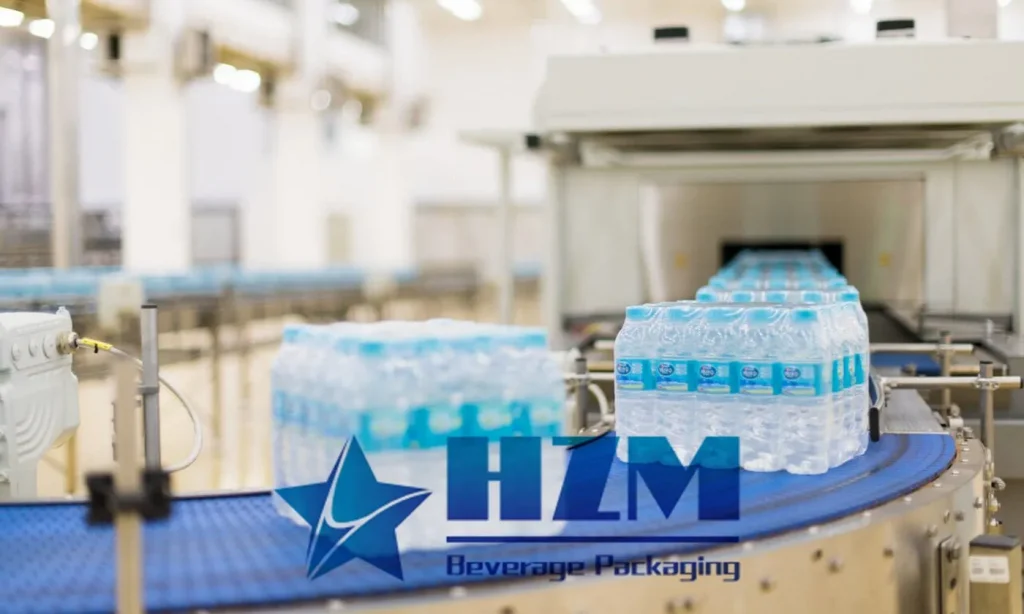
Key Drivers of Mineral Water Production Cost Fluctuations
Understanding what causes production costs to rise or fall is critical for budgeting and risk management. The most influential drivers include:
1. Scale of Production
Economies of scale are a major cost driver: large-scale plants (producing 10,000+ liters daily) benefit from lower per-unit costs due to bulk raw material purchasing, efficient energy use, and reduced labor costs per liter. Small-scale plants (1,000–5,000 liters daily) often face 20–30% higher per-unit costs due to limited bargaining power and less efficient equipment utilization.
2. Water Source & Treatment Requirements
Water sources with high contamination levels or insufficient natural mineral content require more extensive treatment (e.g., reverse osmosis, ozone disinfection), increasing energy and chemical costs by 15–25%. Securing a high-quality, consistent water source reduces treatment expenses and ensures regulatory compliance.
3. Automation Level
Automated production lines (like those offered by HZM Machinery) require higher upfront equipment investment but lower long-term variable costs (labor, energy, maintenance). Semi-automated lines have lower initial costs but higher ongoing expenses, making them suitable for startups but less cost-effective for scaling operations.
4. Market Demand & Packaging Trends
Premium packaging (glass bottles, eco-friendly materials) increases packaging costs by 30–50% but may command higher retail prices. Conversely, demand for small-format bottles (500ml, 330ml) increases per-unit packaging costs due to less material efficiency, while large-format bottles (1–5L) reduce packaging costs per liter by 10–15%.
5. Regulatory Changes
New regulations (e.g., stricter water quality standards, eco-friendly packaging mandates) can increase compliance and operational costs. For example, bans on single-use plastics may require investments in biodegradable packaging or glass bottle production lines, adding 10–20% to variable costs initially.
Proven Cost-Saving Strategies for Mineral Water Producers
Optimizing production costs does not require compromising quality. Below are actionable strategies, supported by industry best practices and insights from HZM Machinery’s decades of industrial experience:
1. Invest in Customized, Efficient Equipment
Partnering with a trusted equipment supplier like HZM Machinery ensures you get machinery tailored to your production needs—avoiding over-investment in unnecessary features. HZM’s water treatment systems, filling machines, and blow molding machines are designed for energy efficiency and minimal maintenance, reducing long-term costs. Additionally, HZM’s turnkey projects integrate all necessary equipment (from PET preform production to packaging) to eliminate compatibility issues and streamline operations, cutting 10–15% of total equipment-related costs.
2. Optimize Raw Material Sourcing & Usage
-
Negotiate long-term contracts with raw material suppliers (packaging, minerals) to secure bulk discounts of 5–10%.
-
Use on-site blow molding machines (supplied by HZM Machinery) to produce PET bottles in-house, reducing packaging transportation costs and minimizing waste.
-
Implement water recycling systems to reuse 20–30% of process water, lowering water extraction and treatment costs.
3. Improve Energy & Labor Efficiency
Upgrade to energy-efficient equipment (e.g., HZM’s low-power filling machines, LED lighting) to reduce energy consumption by 10–15%. Automate repetitive tasks (filling, labeling, packing) to cut labor costs—fully automated lines can reduce labor requirements by 60–70% compared to manual operations. Train staff to operate equipment efficiently and perform basic maintenance, reducing downtime and maintenance costs.
4. Streamline Maintenance & Reduce Downtime
Implement a preventive maintenance schedule with guidance from HZM Machinery’s experts to avoid costly breakdowns. Regular maintenance extends equipment lifespan by 20–30% and reduces unplanned downtime (which can cost $1,000–$5,000 per hour for large-scale plants). Use genuine spare parts from HZM Machinery to ensure equipment performance and avoid premature failures.
5. Leverage Economies of Scale
As your business grows, scale production to take advantage of lower per-unit costs. HZM Machinery’s flexible equipment solutions allow for easy scaling—from small-scale to industrial production—without requiring complete equipment replacement. Expanding production volume also enables bulk purchasing of raw materials and better negotiation power with suppliers.
Why Partner with HZM Machinery to Control Mineral Water Production Costs?
Controlling production costs requires a combination of high-quality equipment, industry expertise, and customized solutions—all of which HZM Machinery delivers. As a comprehensive professional supplier of liquid beverage packaging machinery, HZM integrates development, manufacture, and sales to provide end-to-end support for mineral water producers:
-
Customized Equipment: HZM designs machines based on your specific requirements (material, power, filling type, bottle type), ensuring optimal efficiency and avoiding unnecessary costs.
-
Turnkey Projects: From PET preform and cap making machines to complete production lines, HZM provides one-stop solutions, simplifying investment and ensuring seamless operations.
-
Industrial Expertise: With years of experience in the beverage packaging industry, HZM offers professional suggestions to optimize your production process, reduce costs, and meet regulatory standards.
-
Reliable Support: HZM provides ongoing maintenance guidance, genuine spare parts, and technical support to minimize downtime and extend equipment lifespan.
Conclusion: Balancing Cost, Quality, and Profitability
Mineral water production costs are influenced by a complex interplay of fixed and variable factors, from equipment investments and raw materials to energy consumption and regulatory compliance. By understanding these costs in detail, leveraging economies of scale, and partnering with a trusted equipment supplier like HZM Machinery, producers can optimize expenses without compromising product quality or regulatory compliance.
Whether you’re a startup launching a small-scale plant or an established brand scaling to industrial production, the right equipment, customized solutions, and industry expertise are key to controlling costs and maximizing profitability. HZM Machinery’s comprehensive offerings—from individual machines to turnkey projects—are designed to support your cost-saving goals while ensuring efficient, high-quality mineral water production.
TAG:
Mineral Water Filling Machine
Mineral Water Packaging Machine
PET Bottle Filling Machines
Water Bottle Filling Machine
Water Bottling Machine

Update:2026-02-05

Author:HZM Machinery

Pageviews:628


![Beverage Packaging Machine for Juice, Soft Drinks, Carbonated Drinks, and Energy Drink]()
![Glass Bottle CSD & Water Drinks Filling Machine]()
![Automatic 5 Gallon Water Filling Line | 3-5 Gallon Bottled Water Production Line Manufacturer]()
![Automatic PET Bottle Blowing Filling Capping Machine – Best price beverage machinery]()
![PET Bottle Edible Oil Bottling Line | Automatic Rotary Type Edible Oil Filling Machine]()


